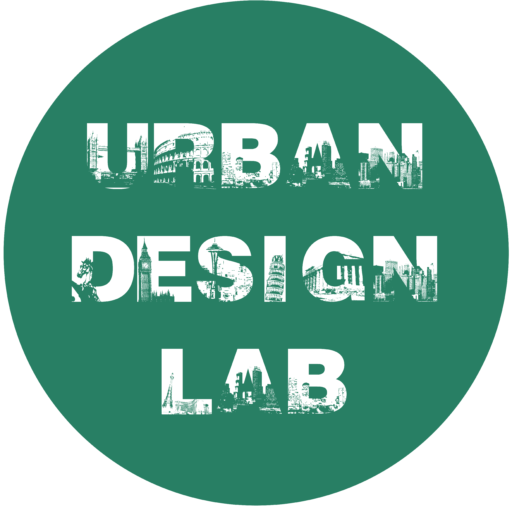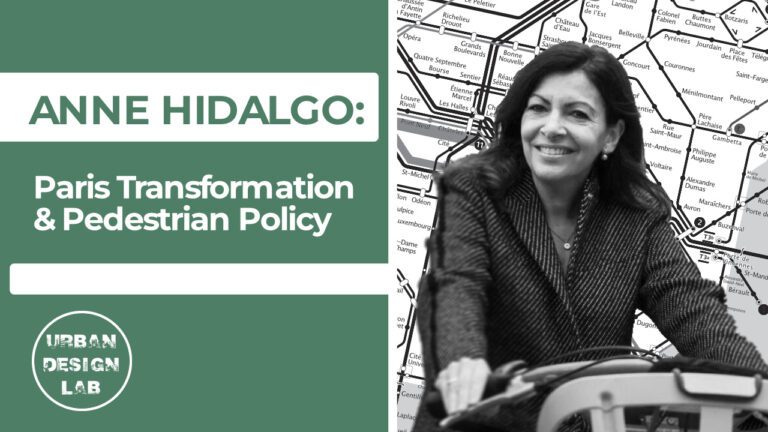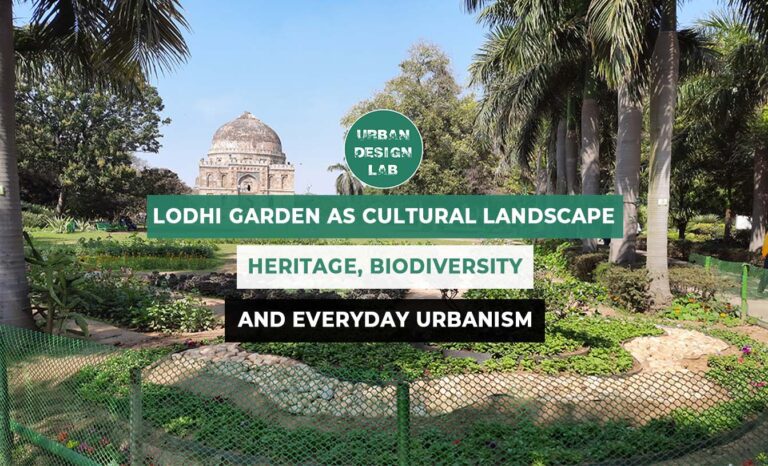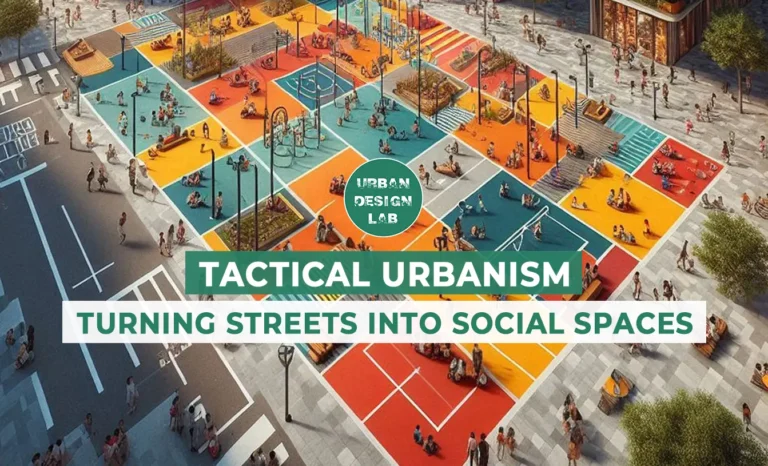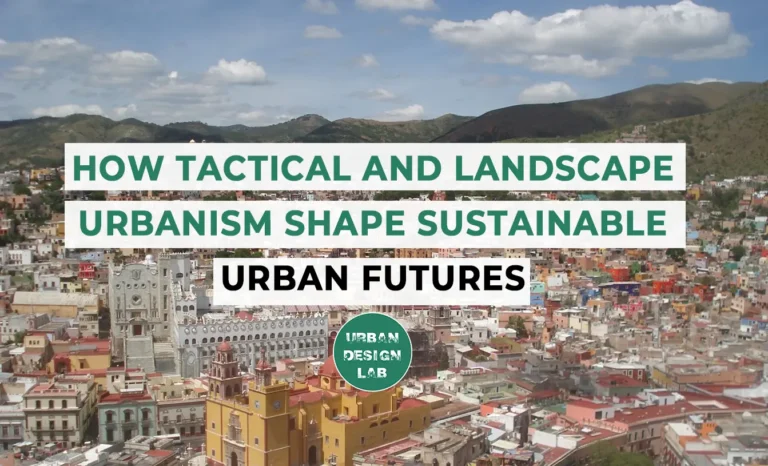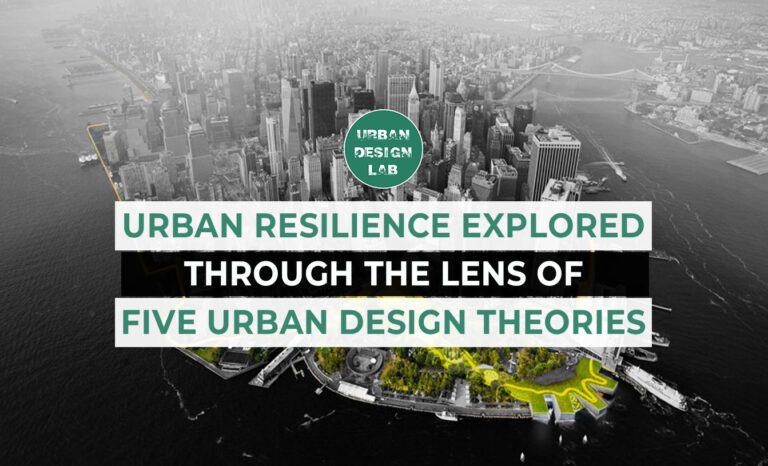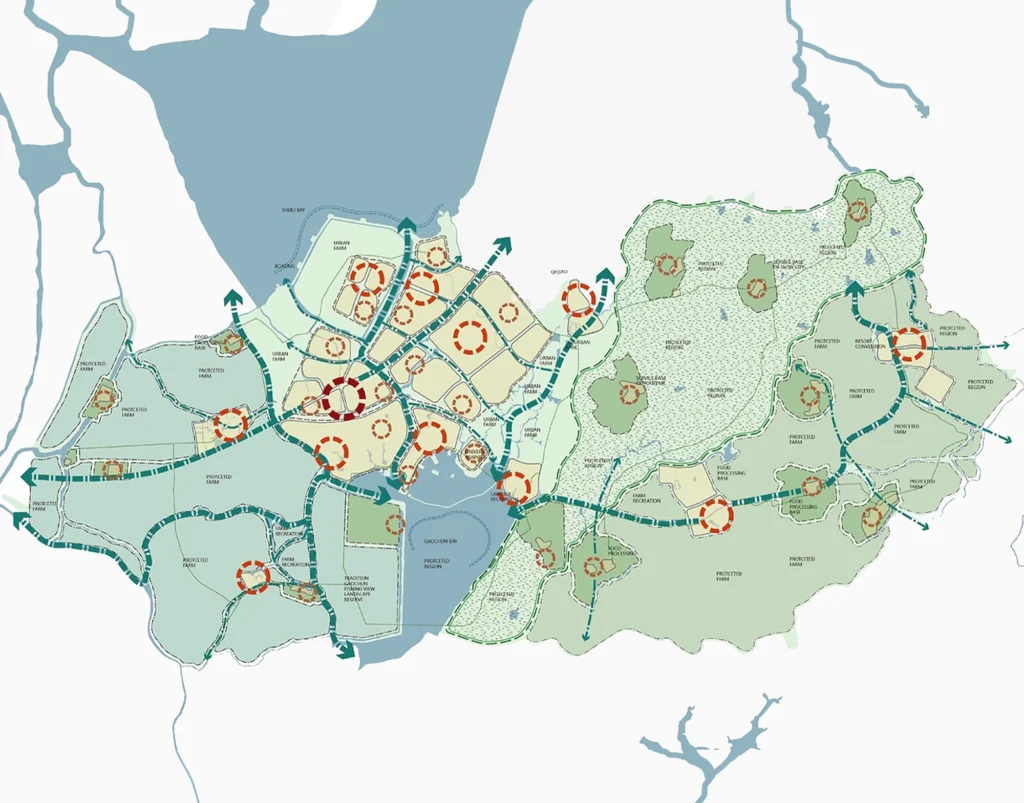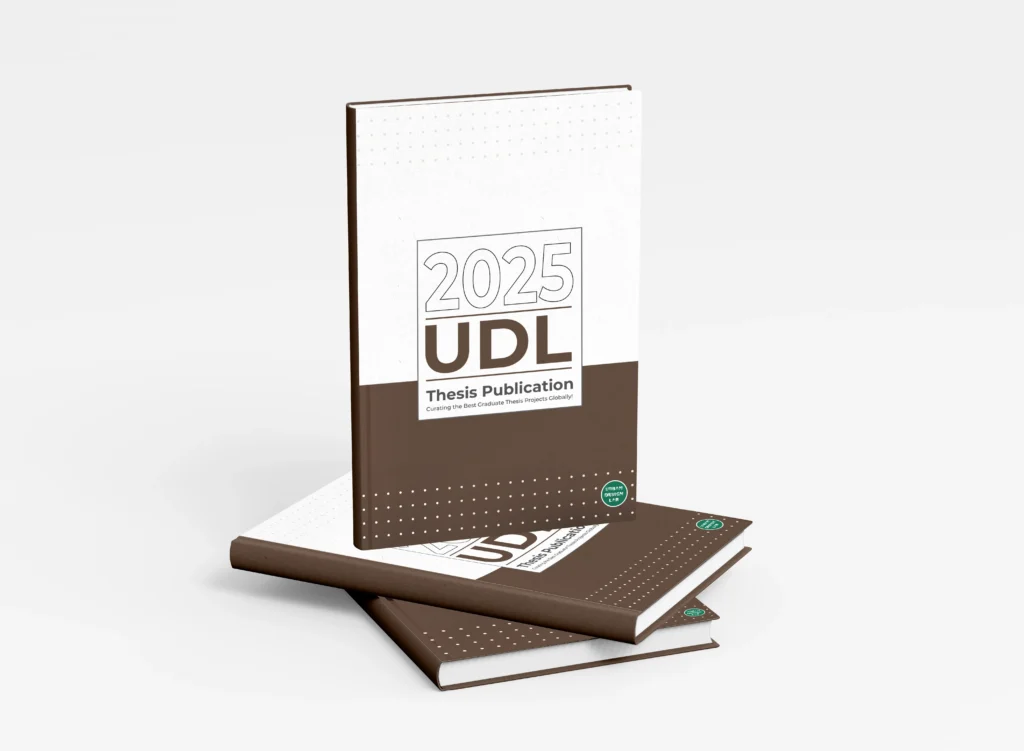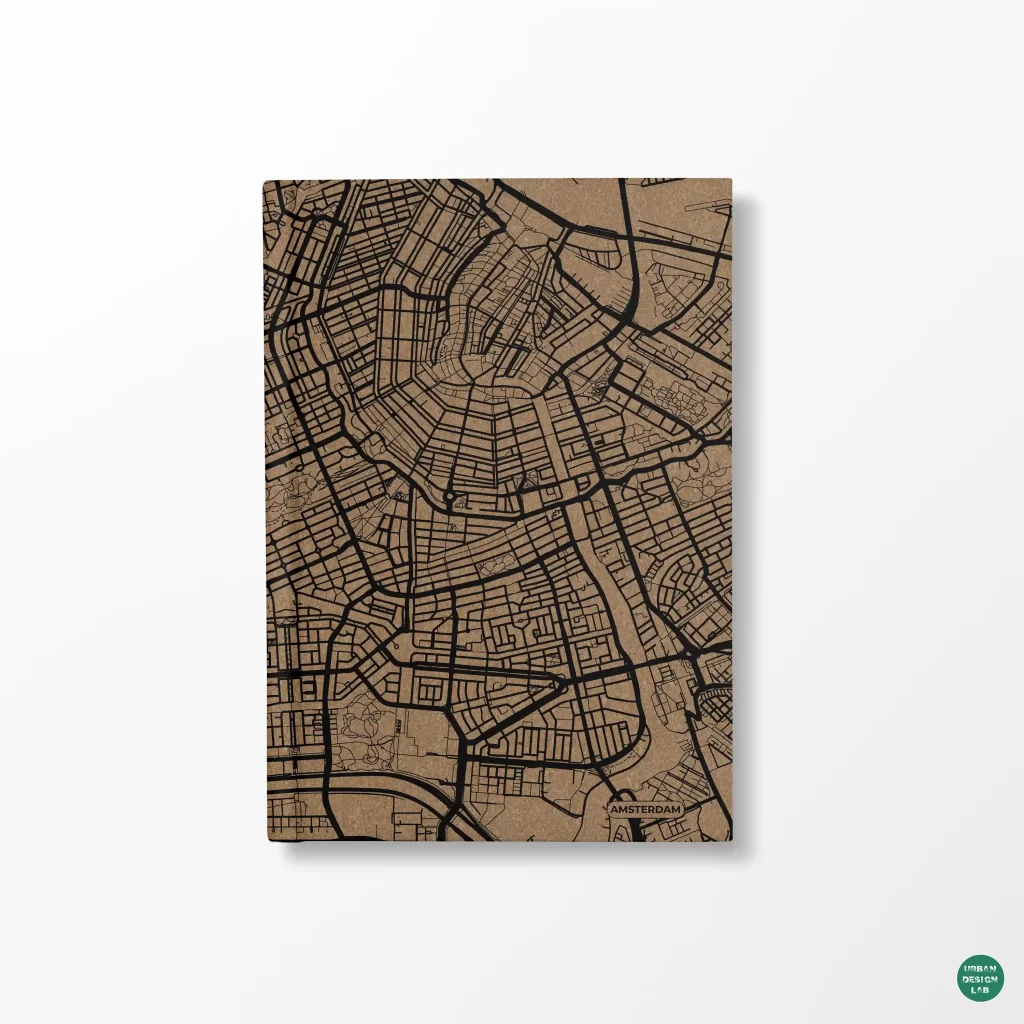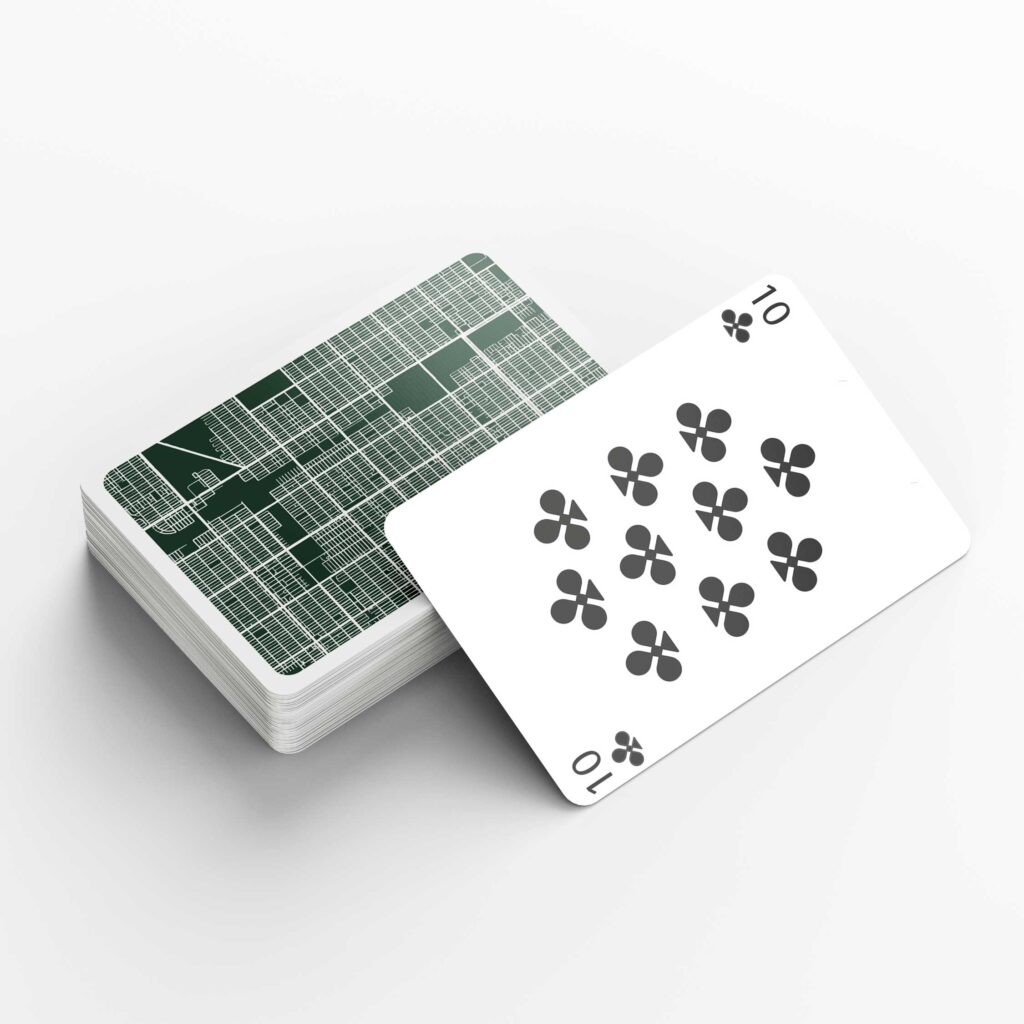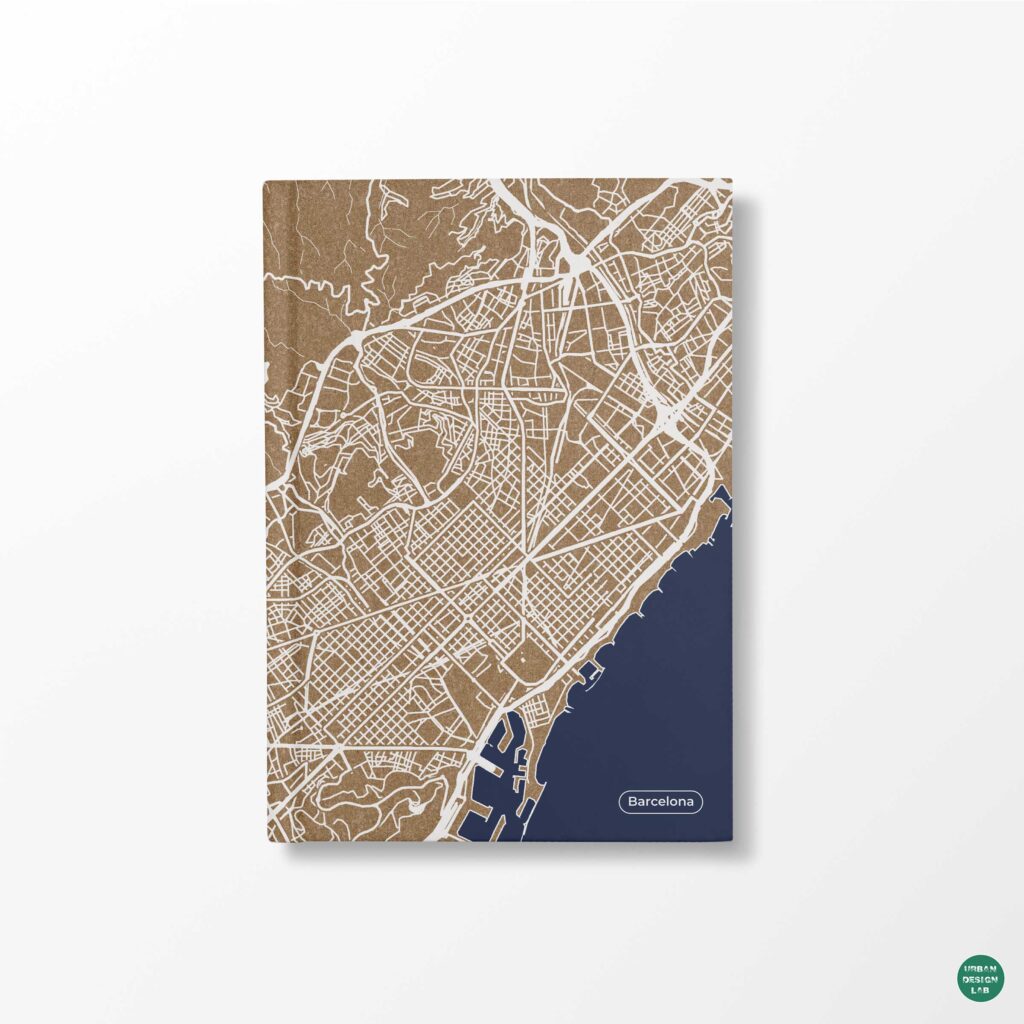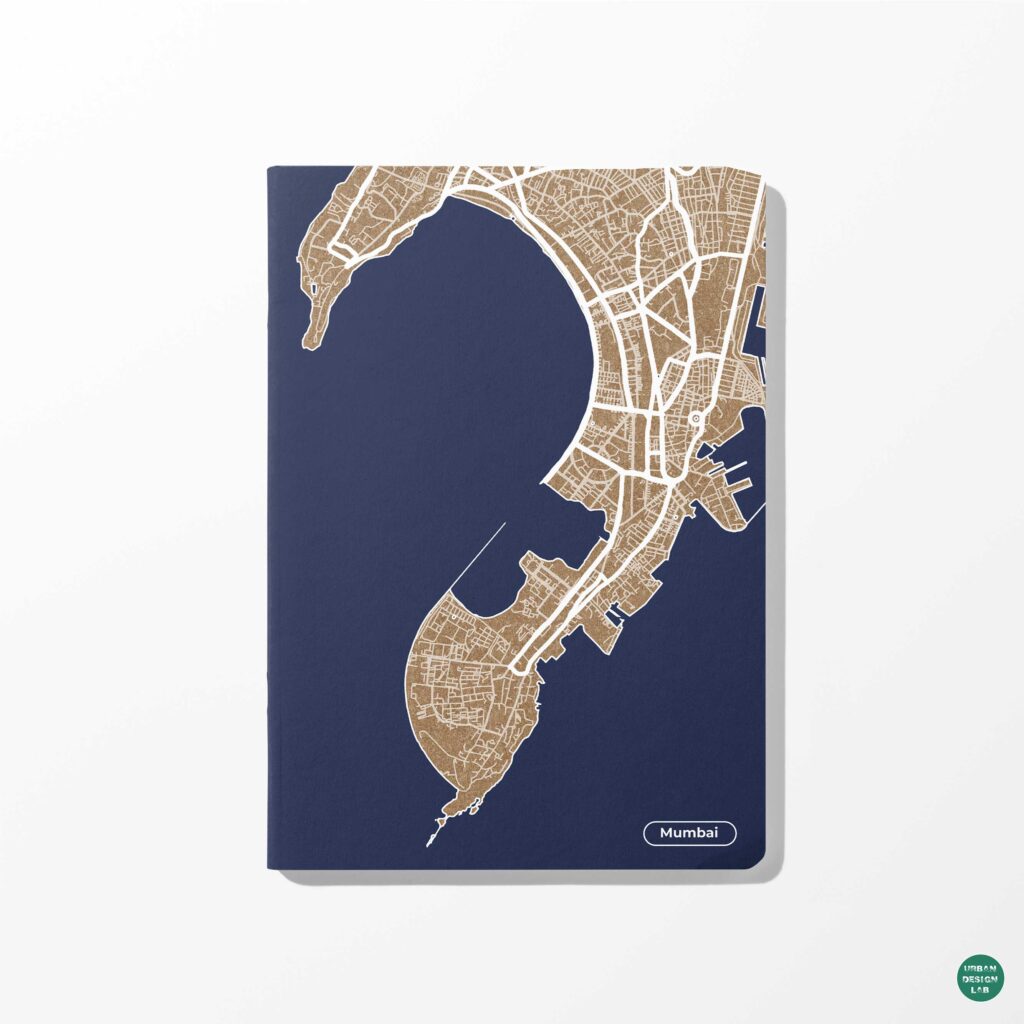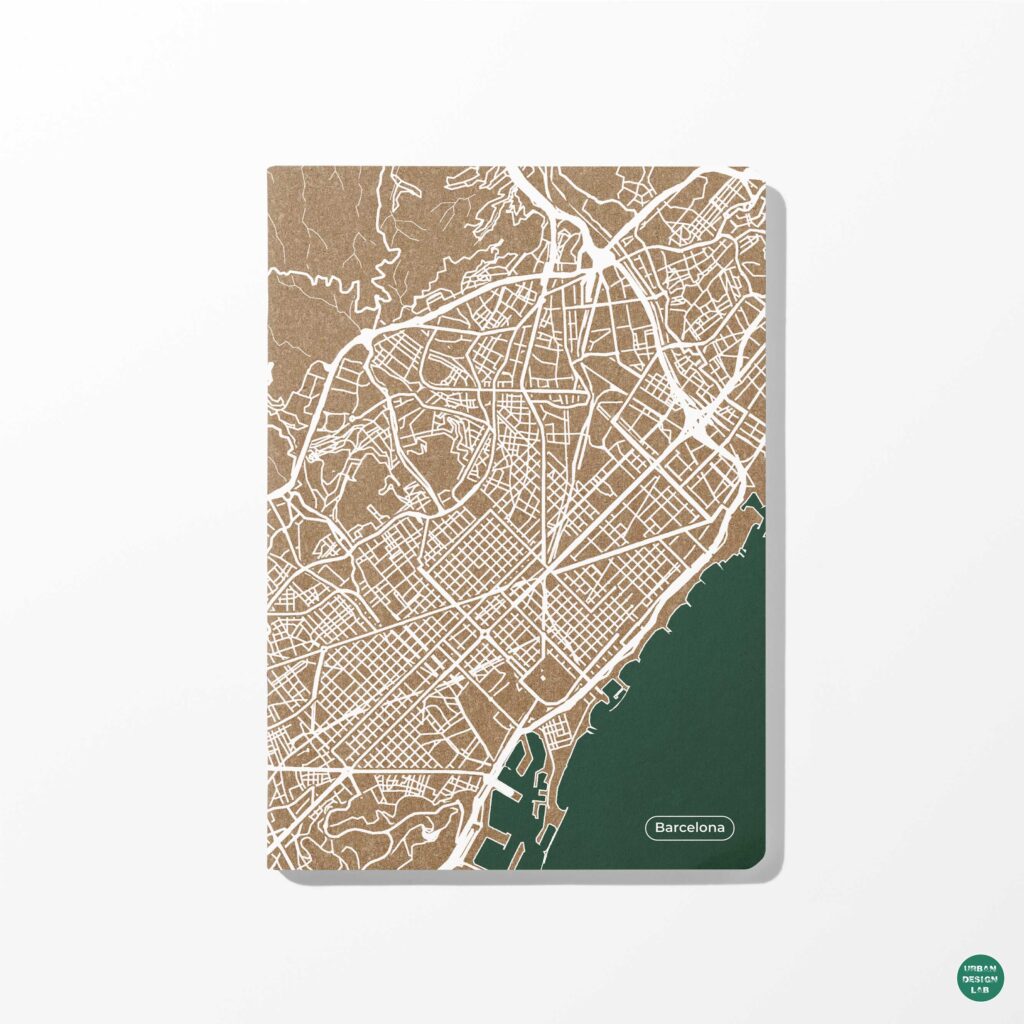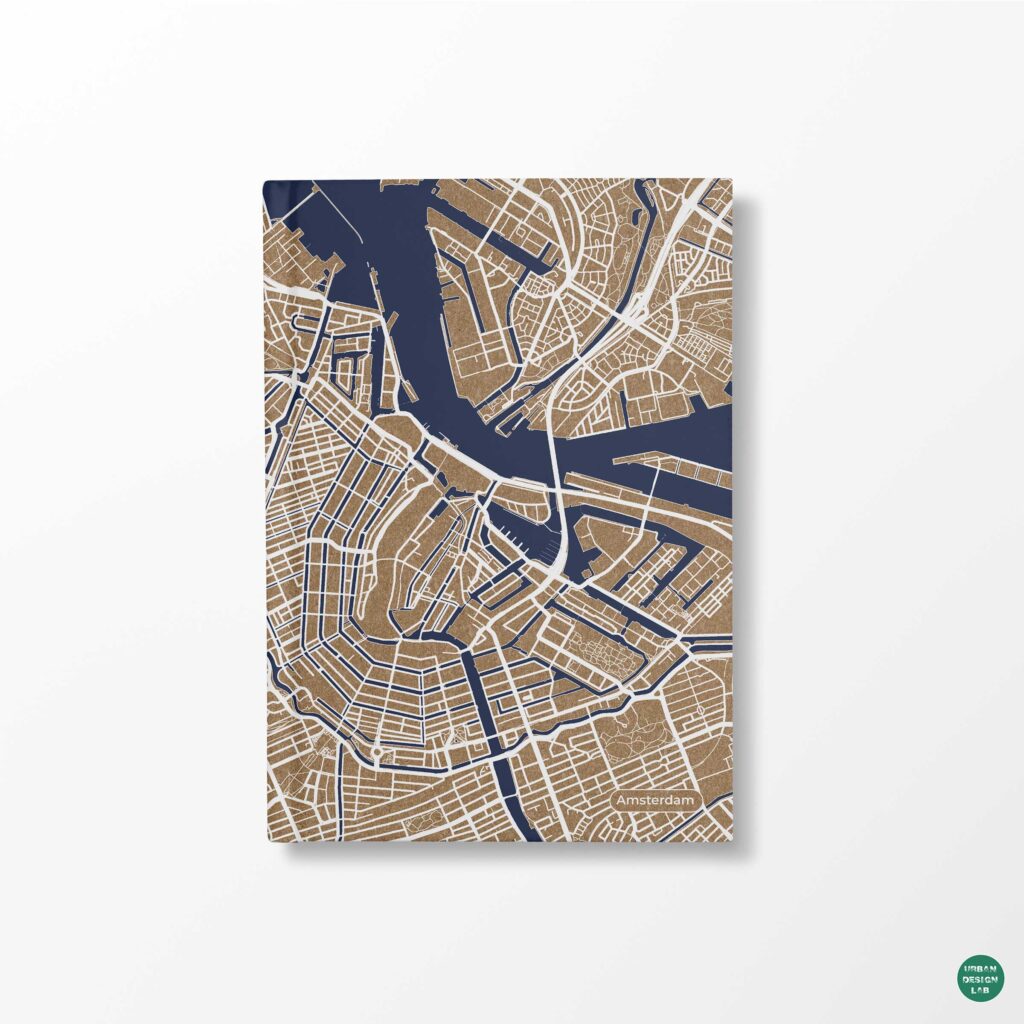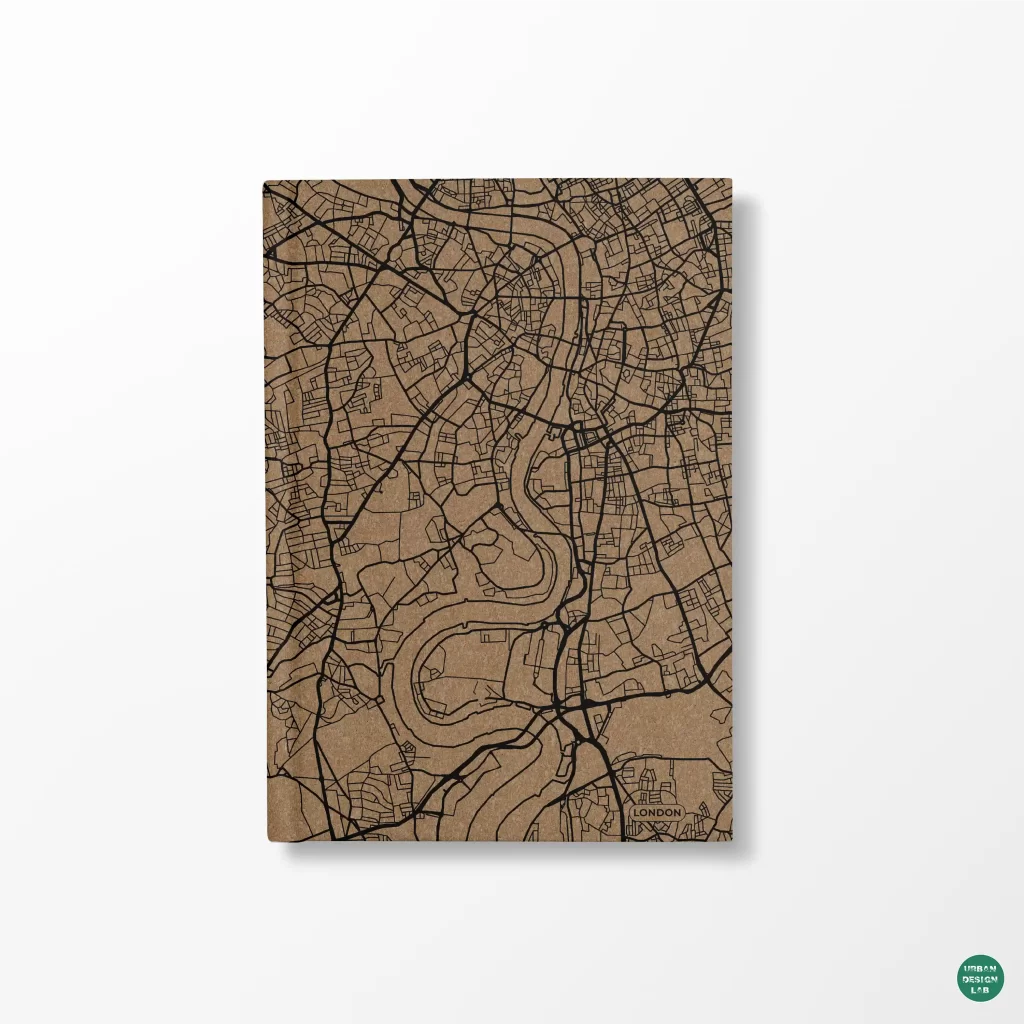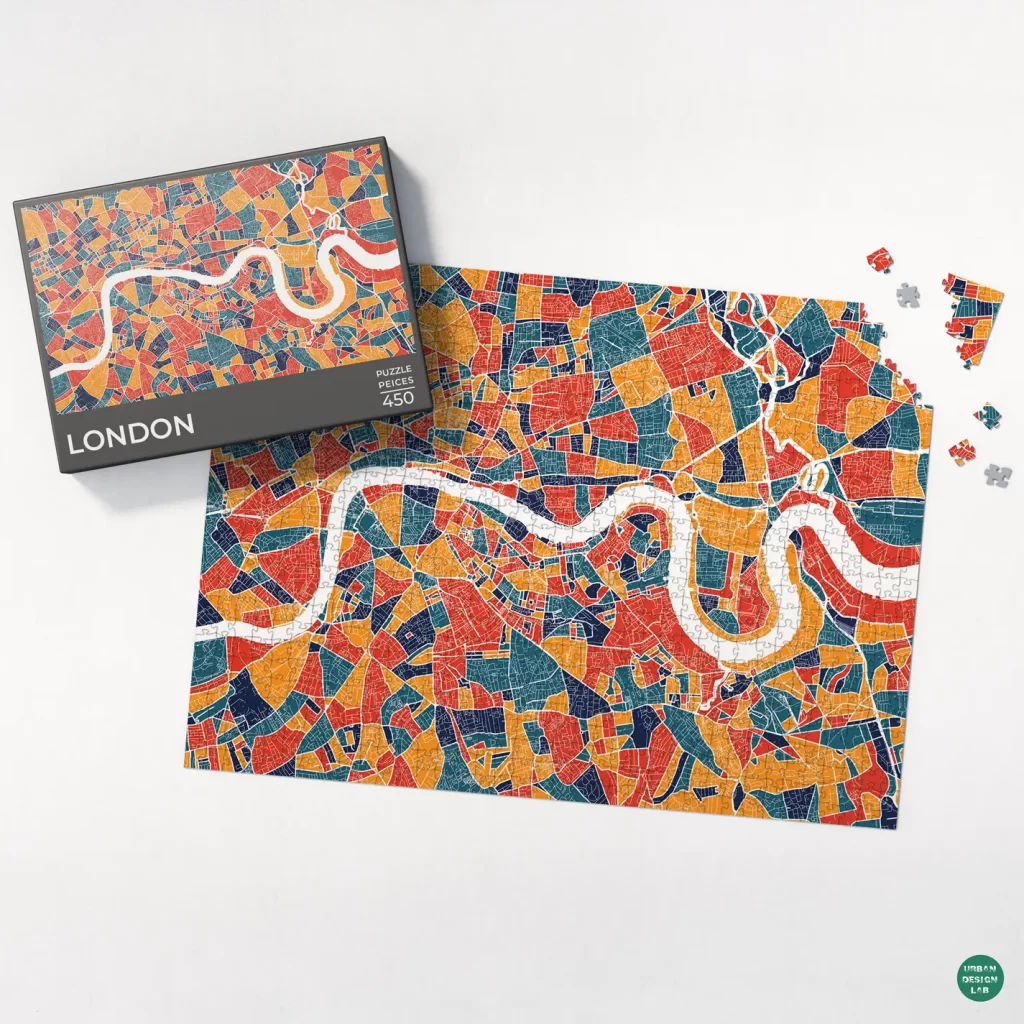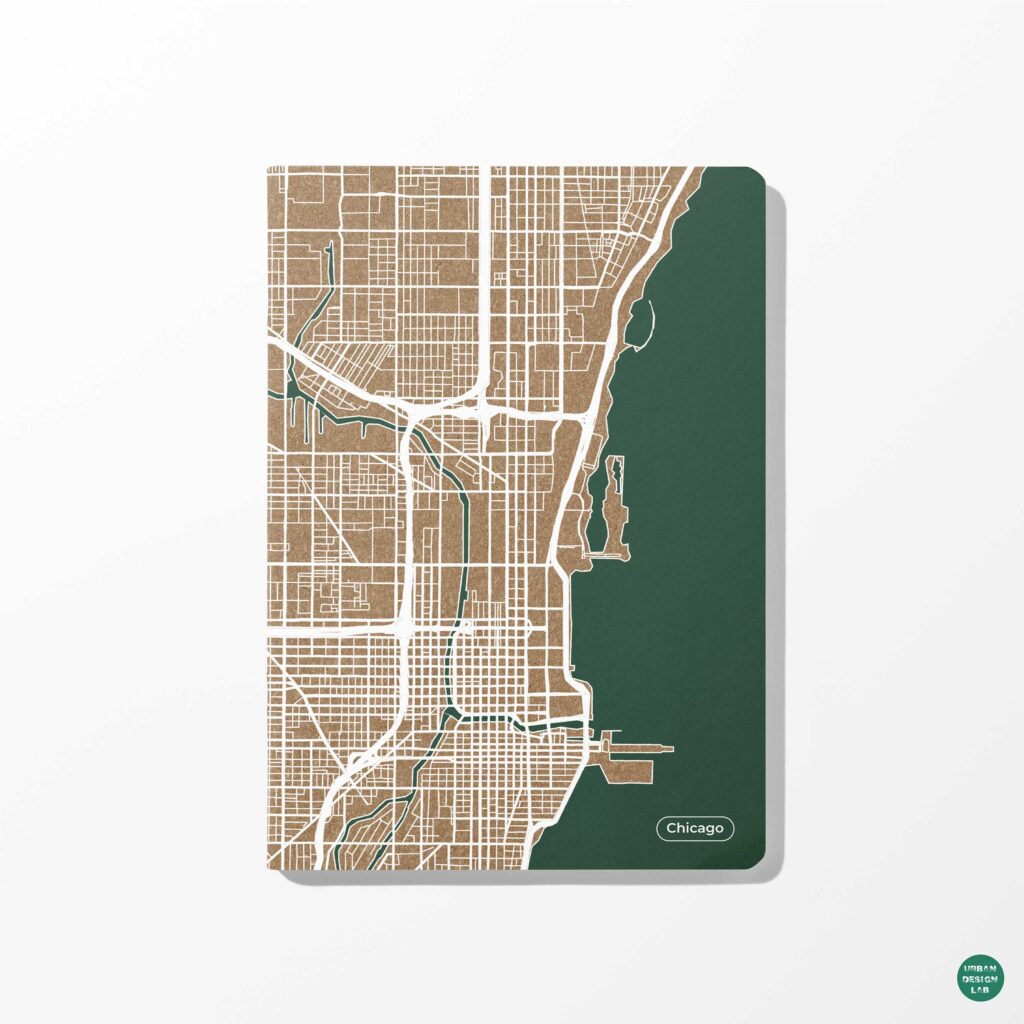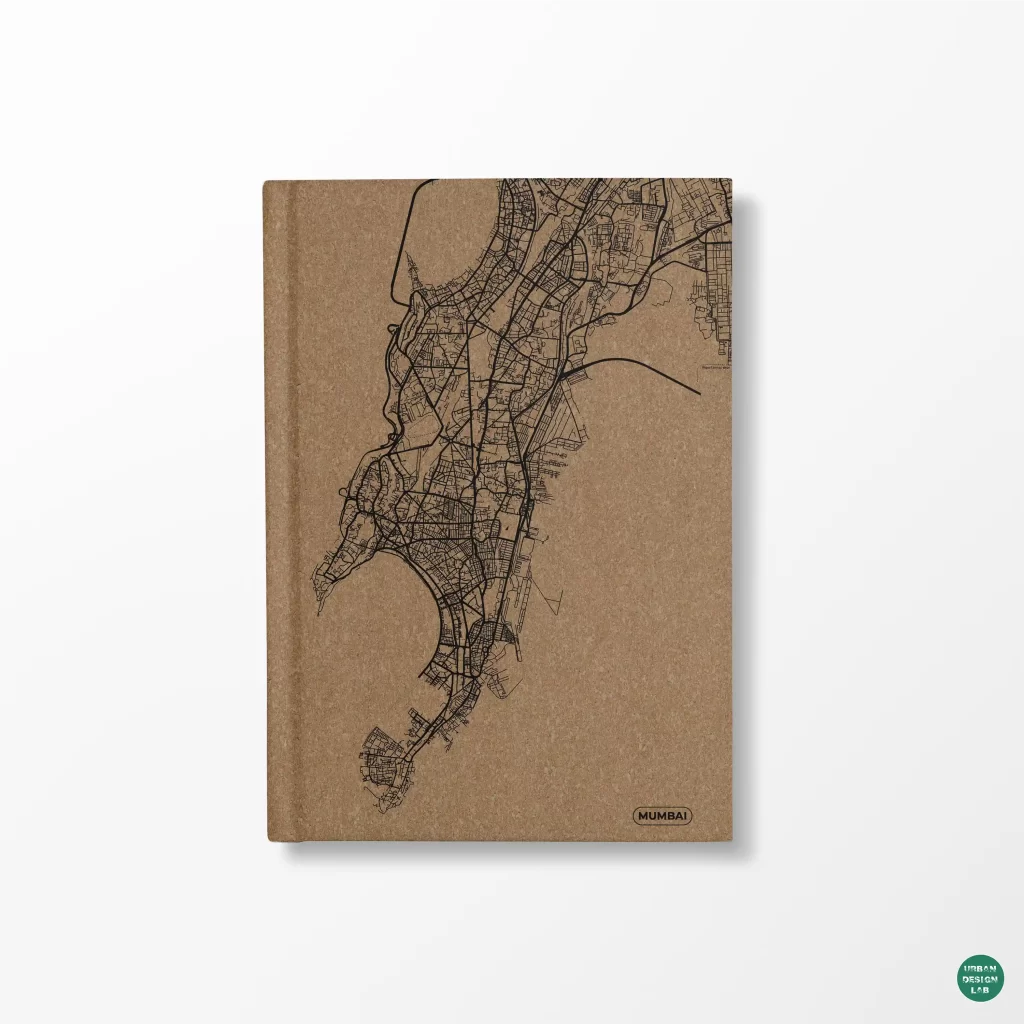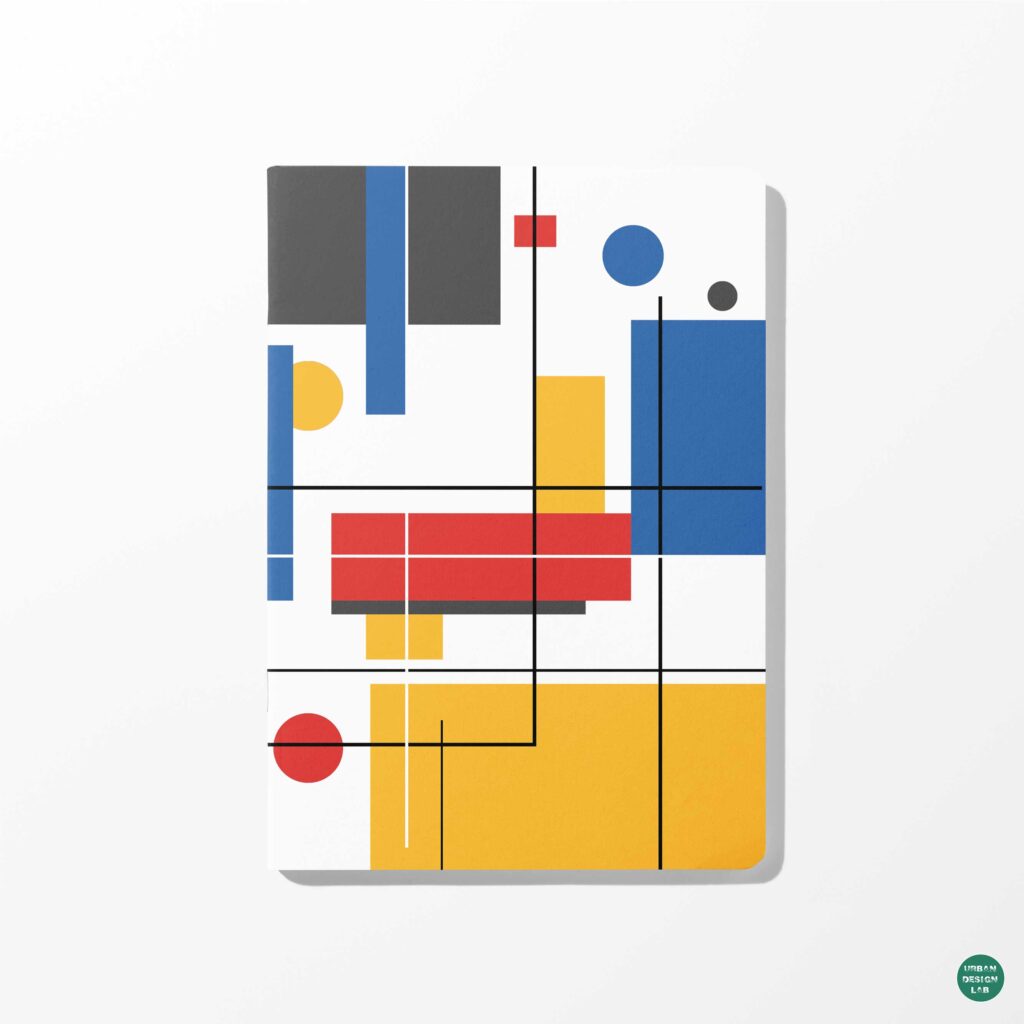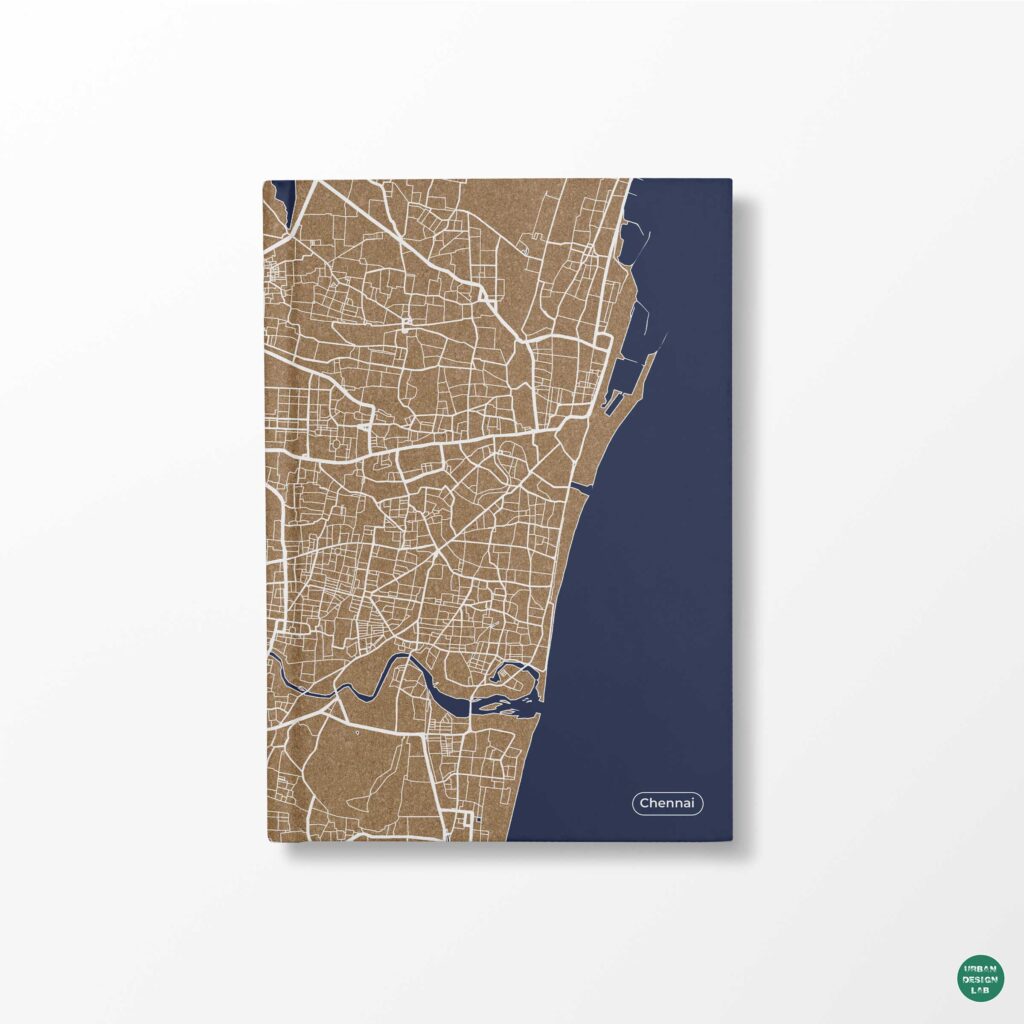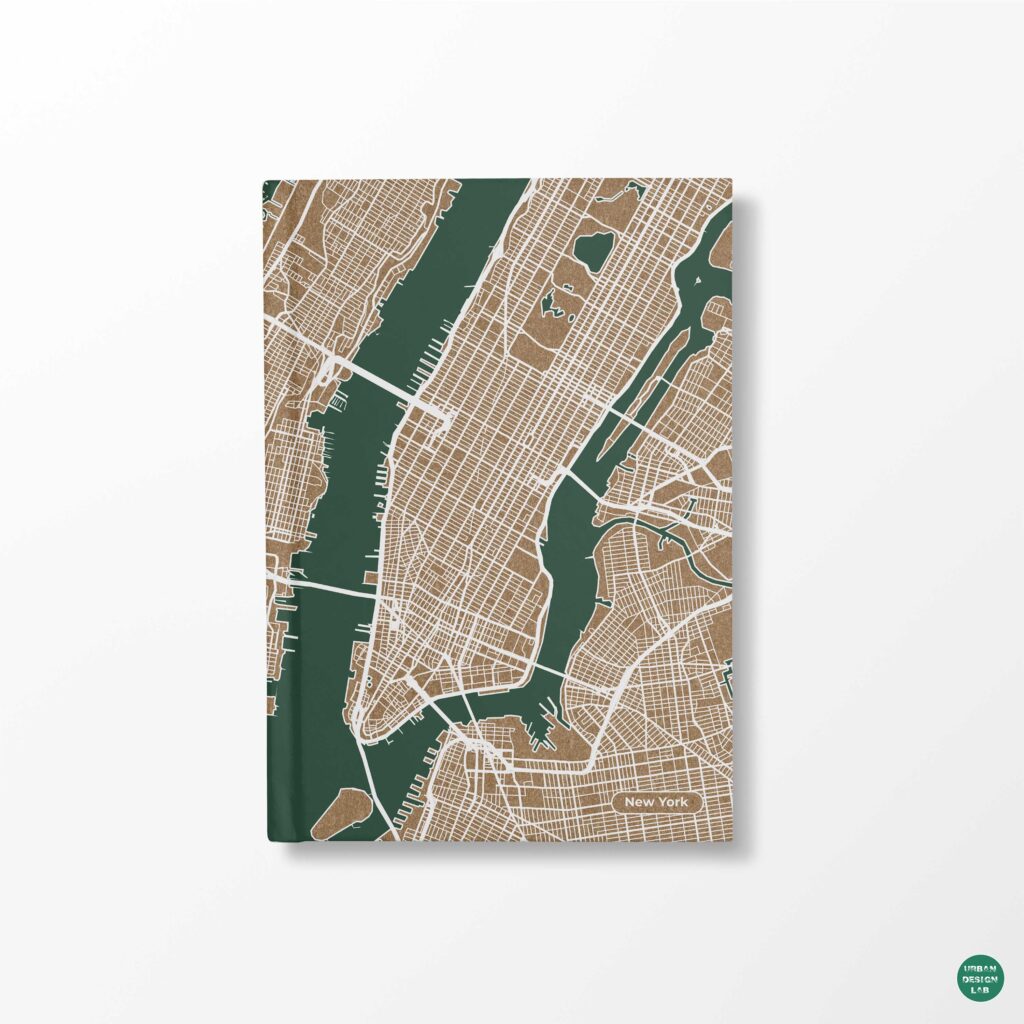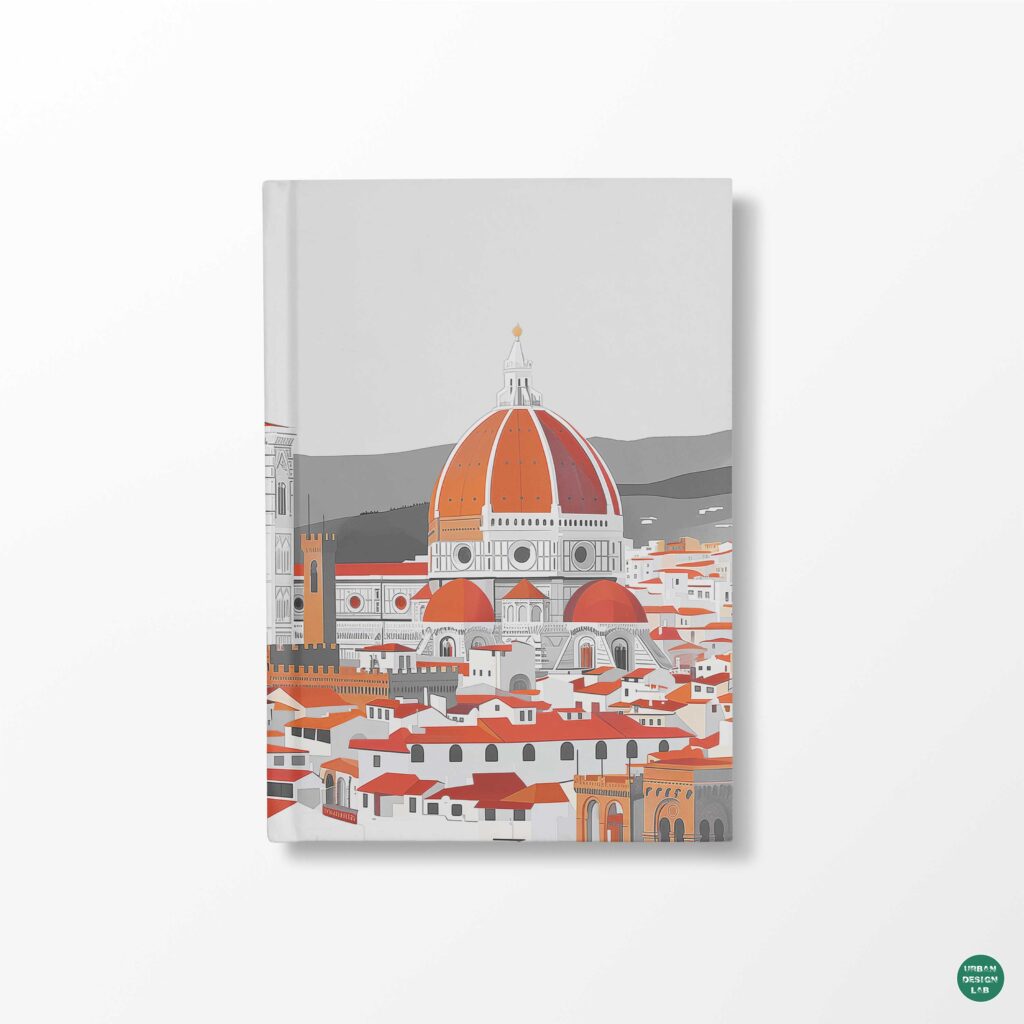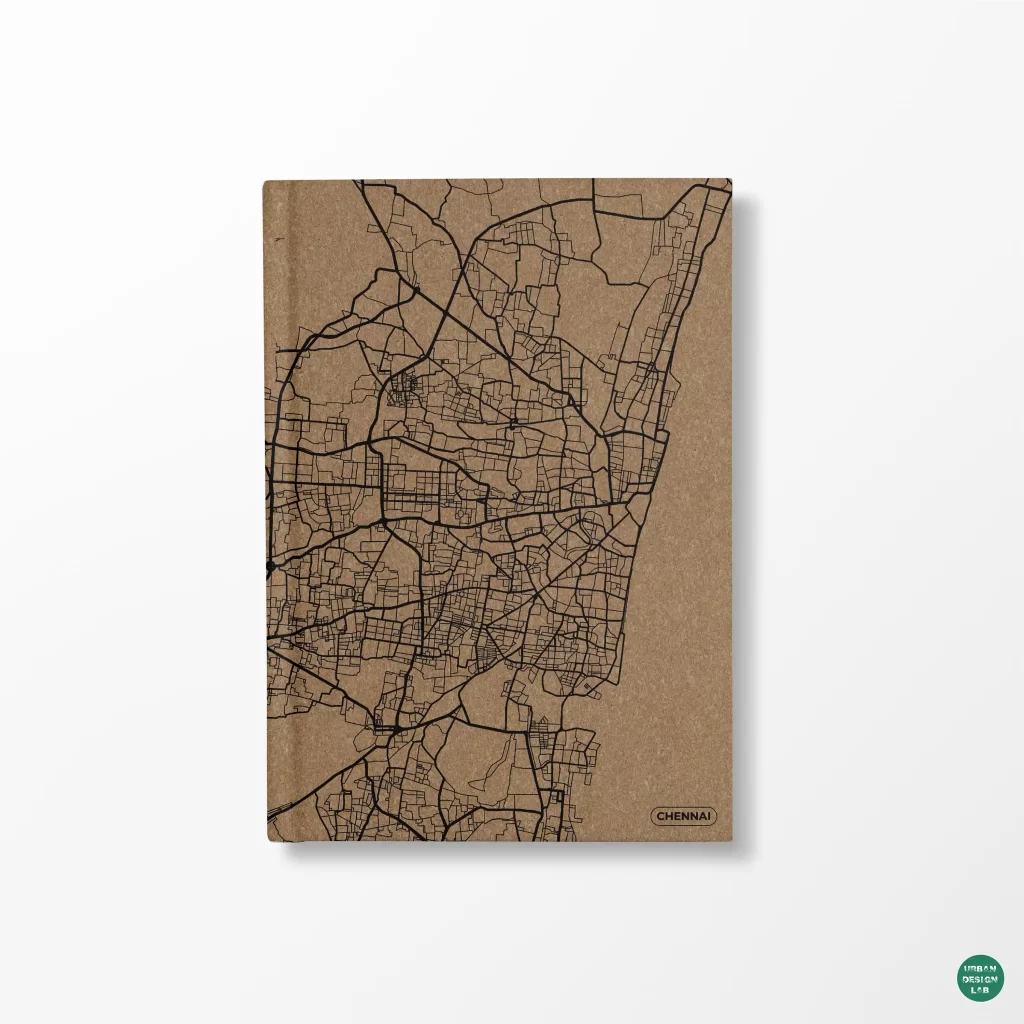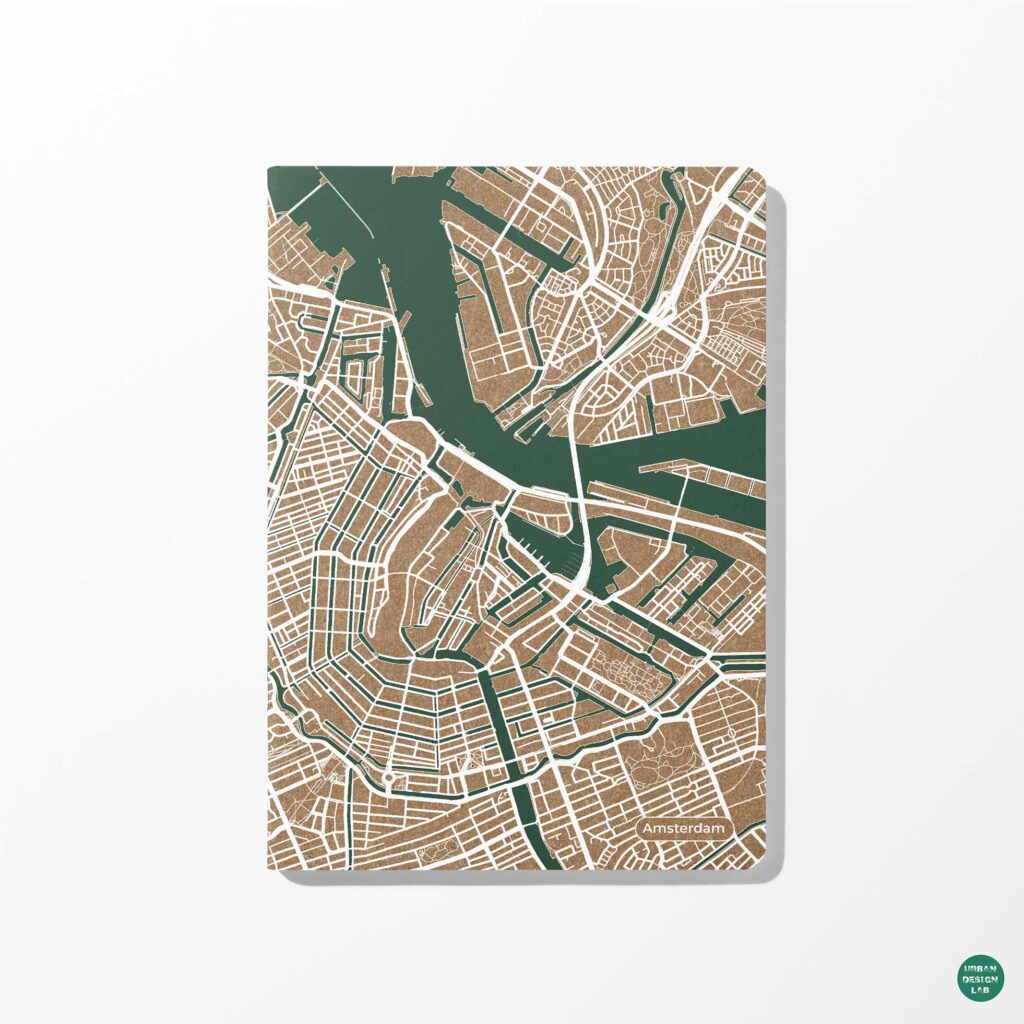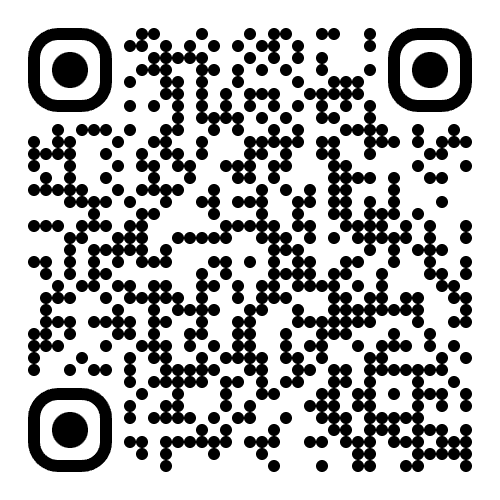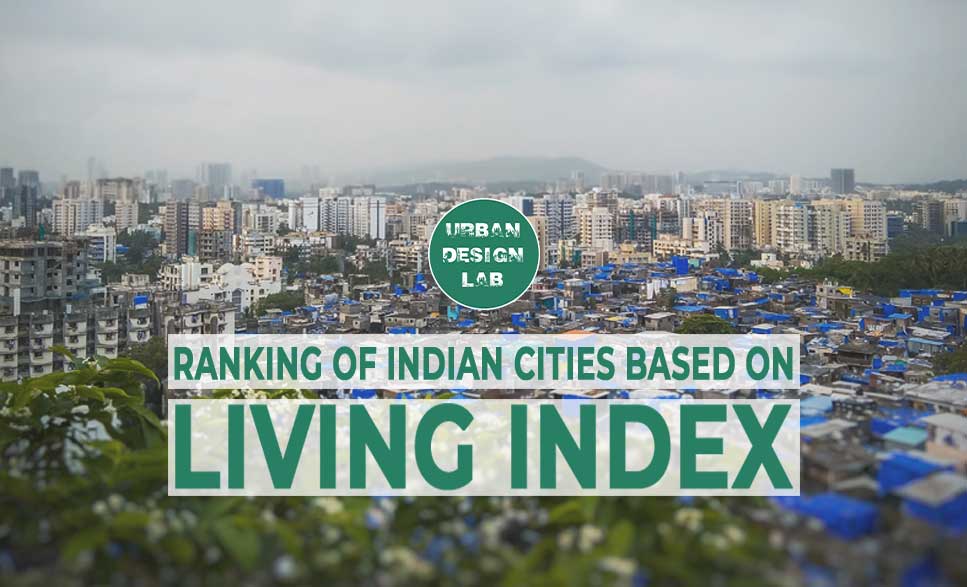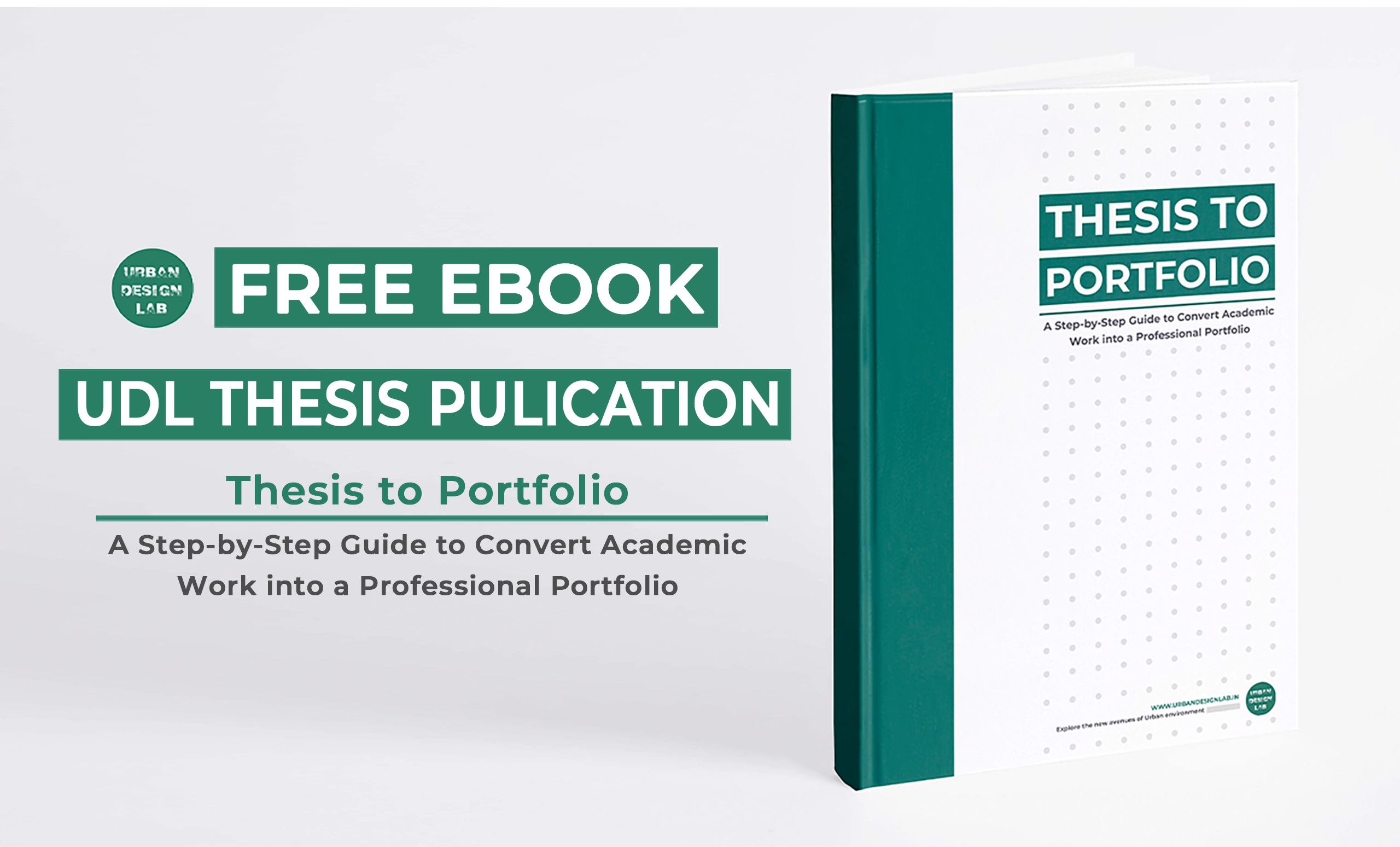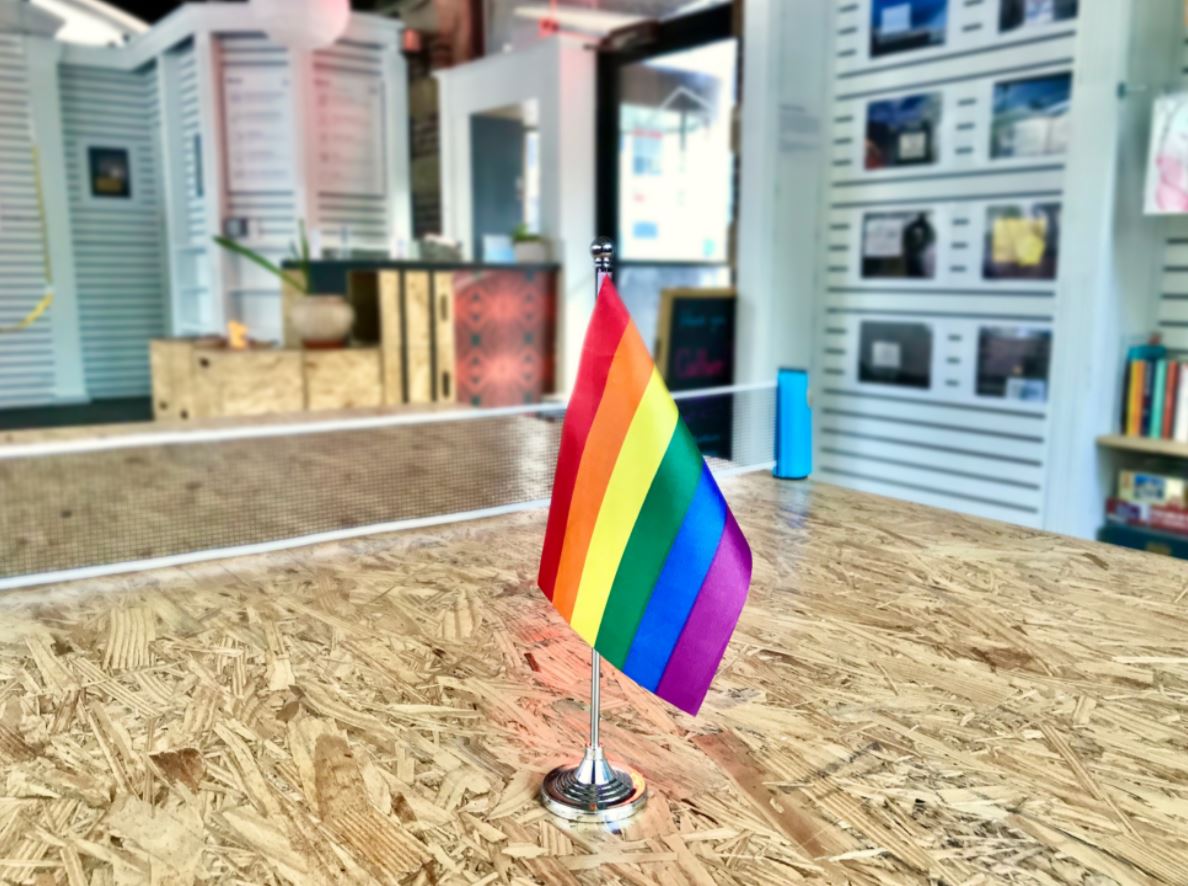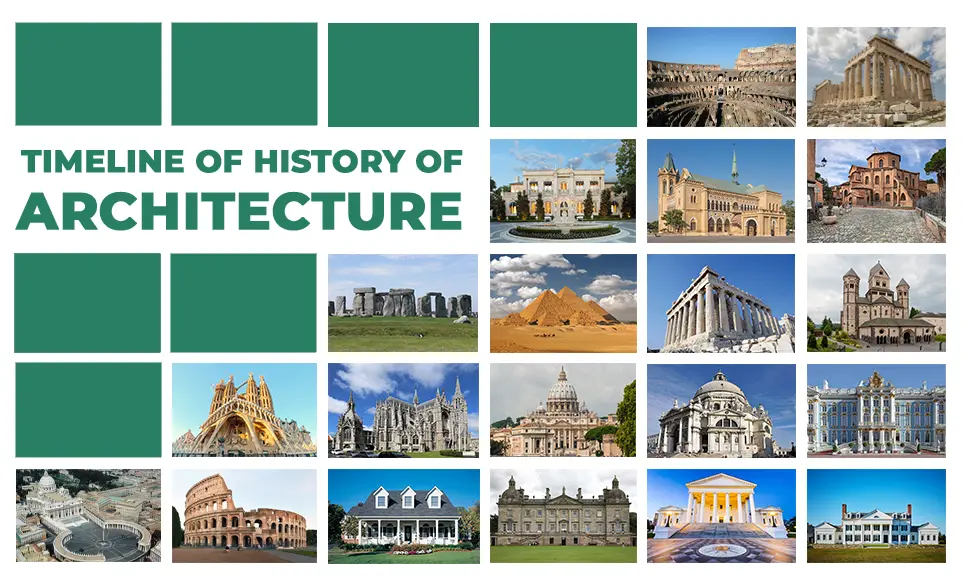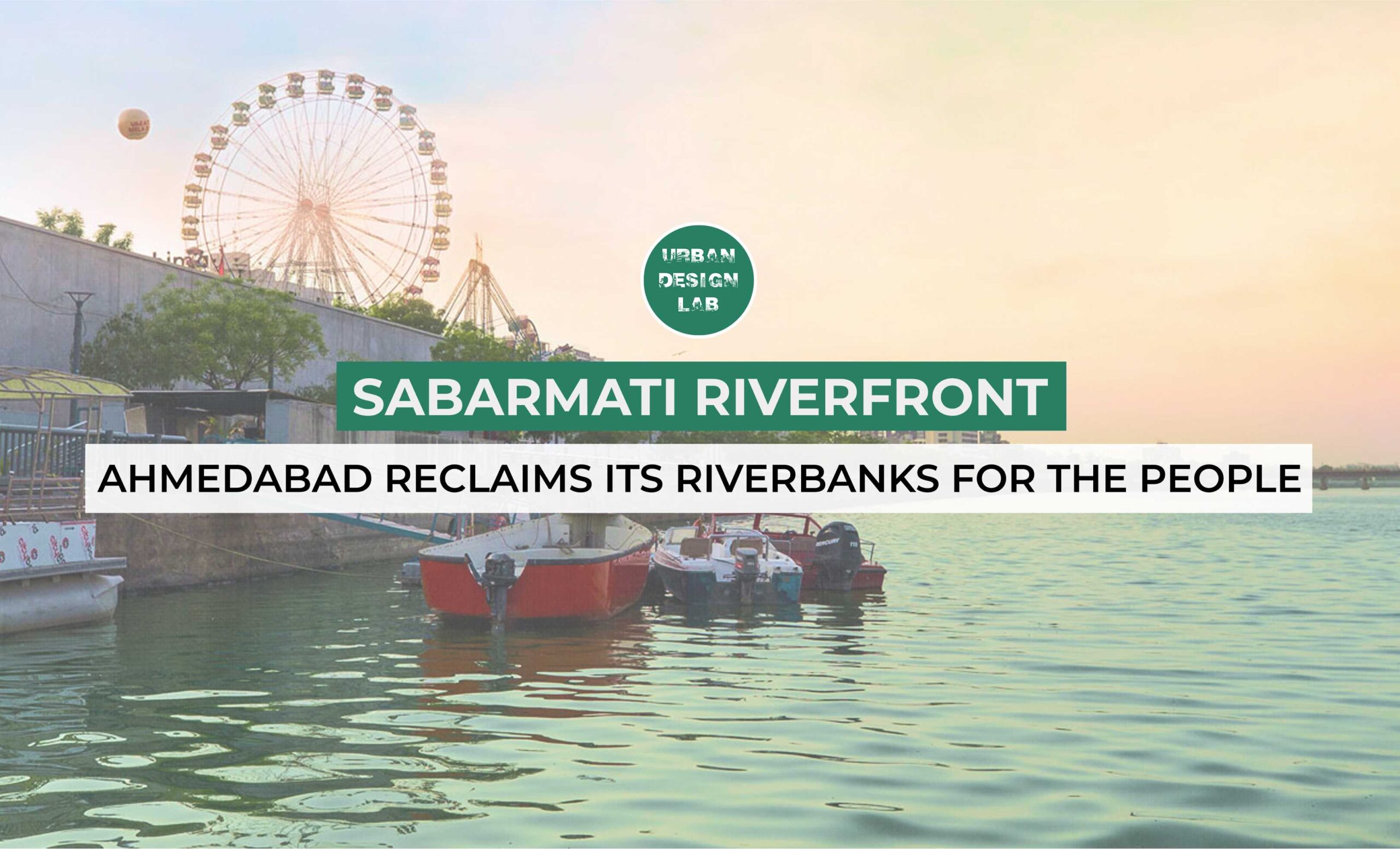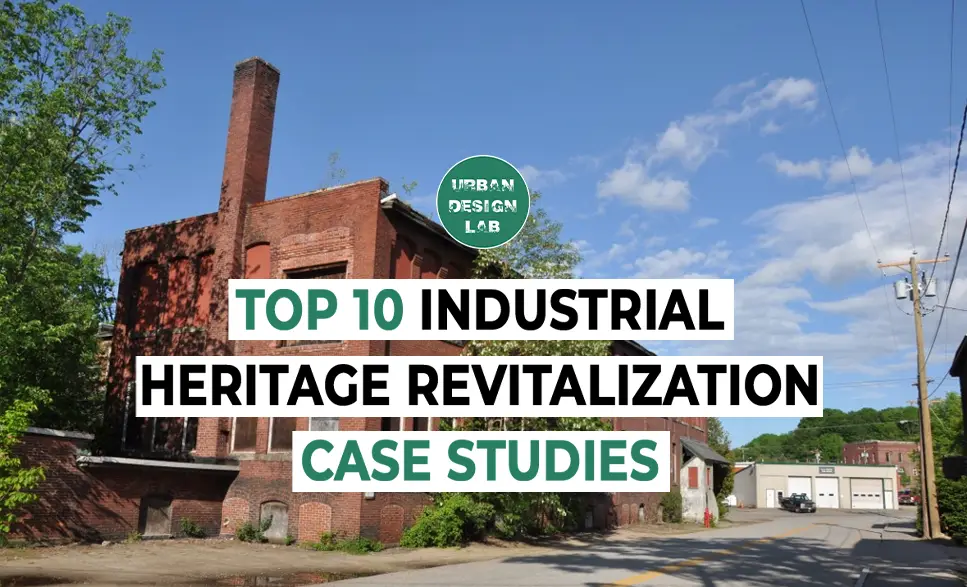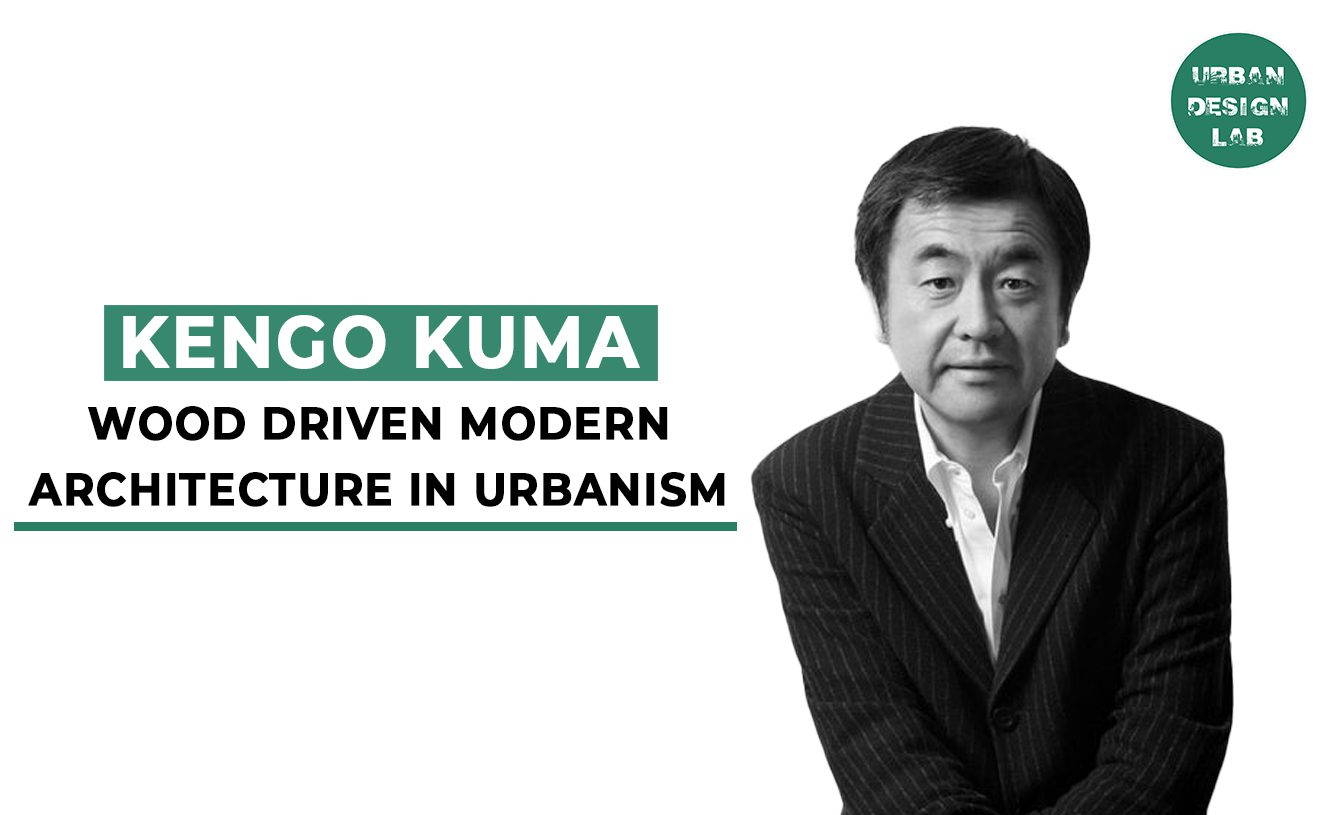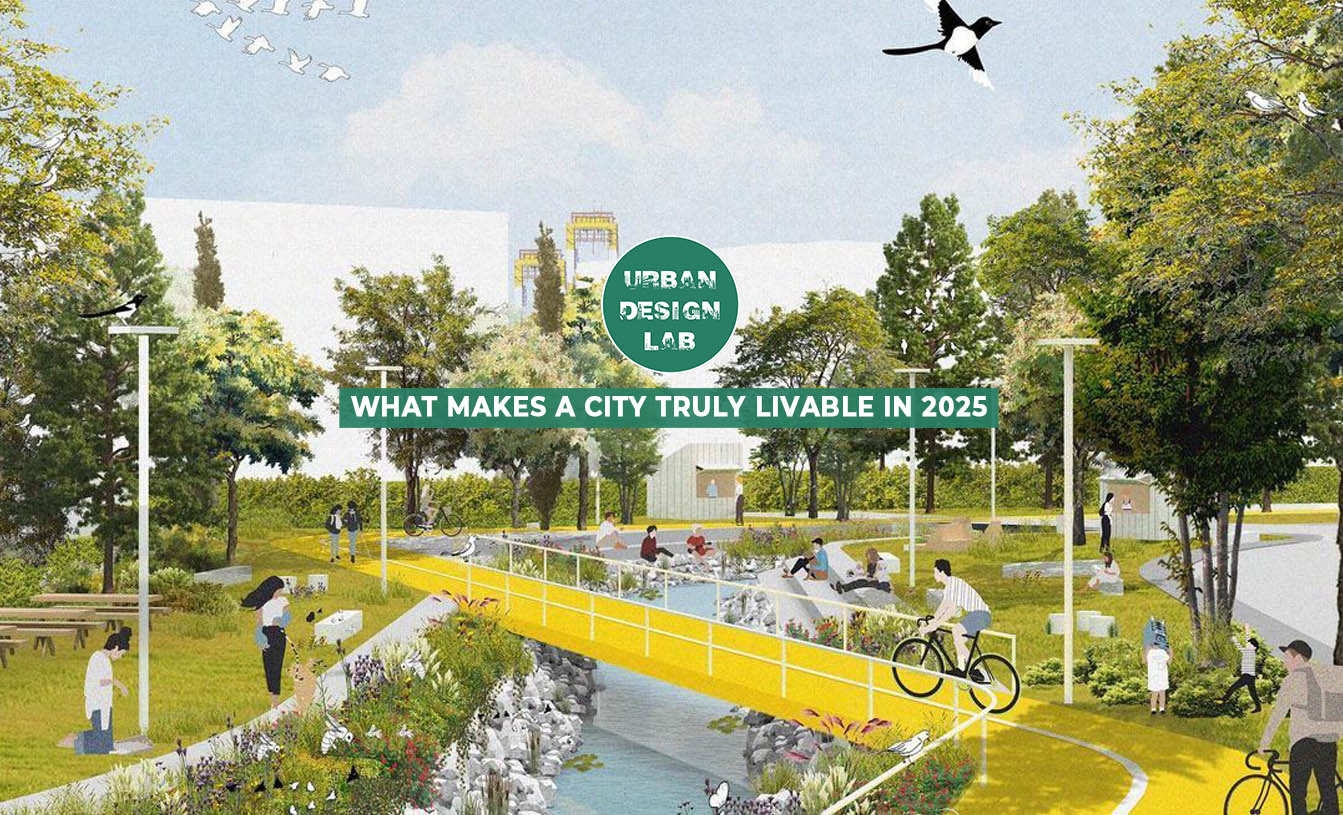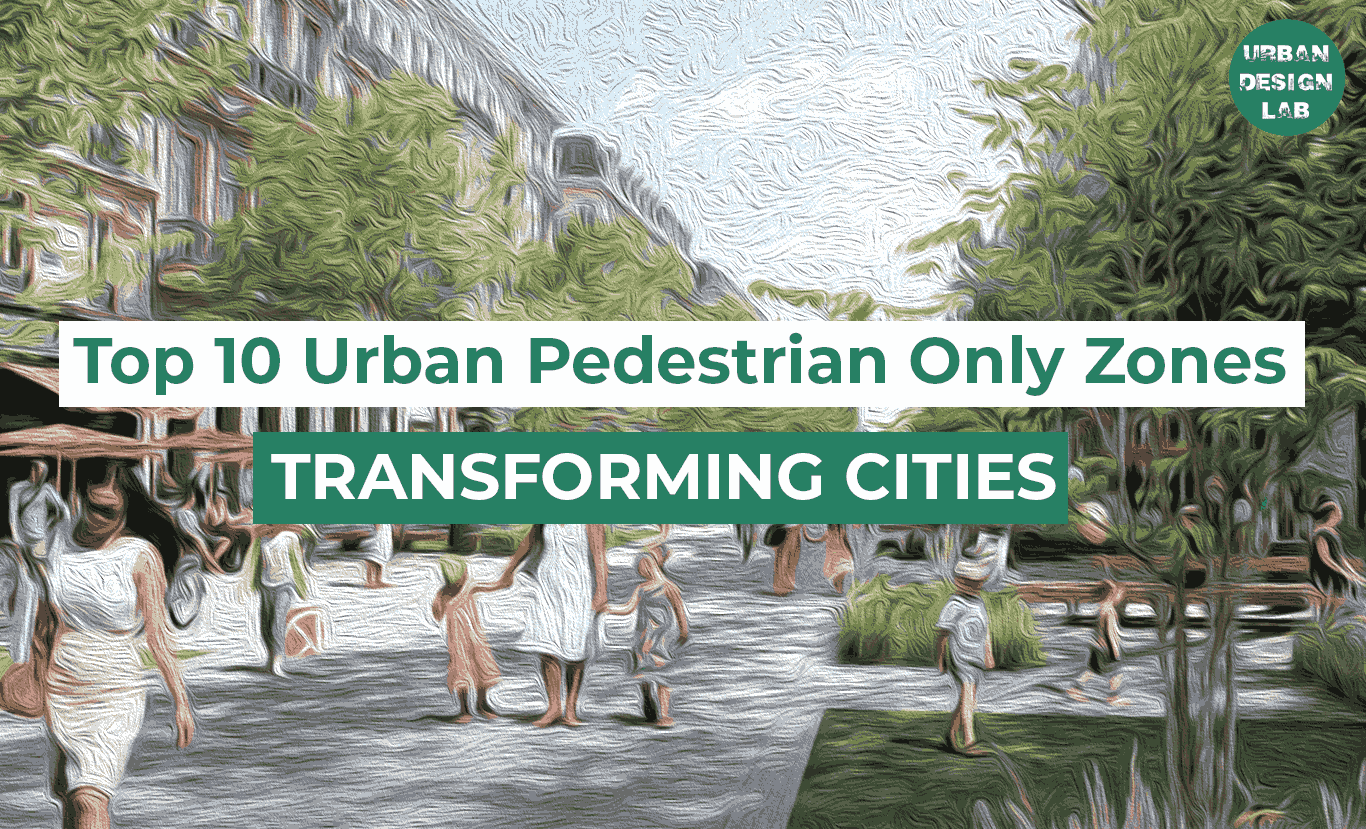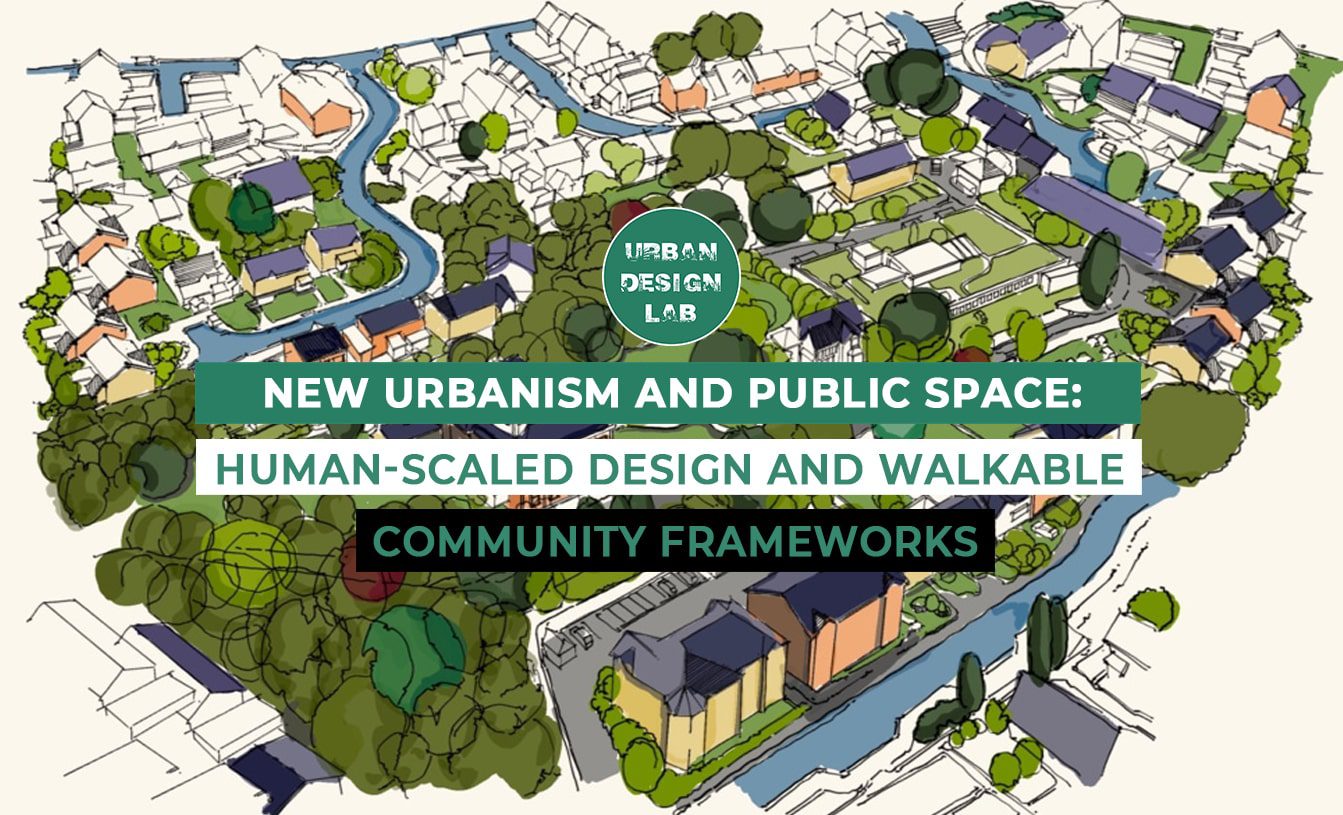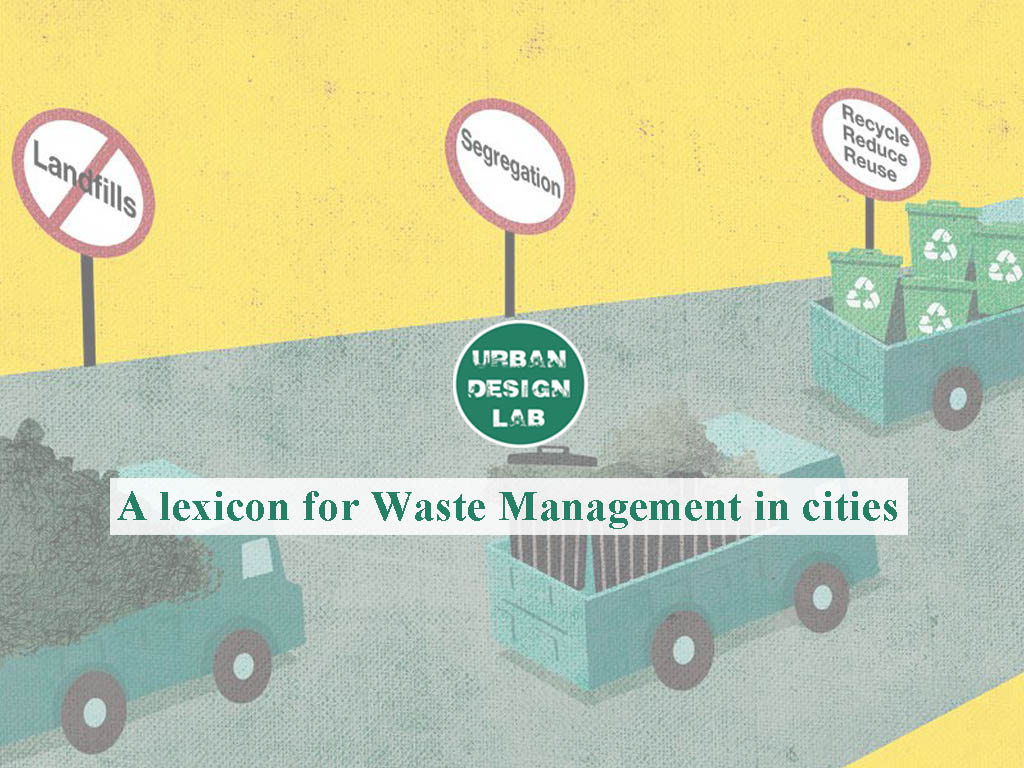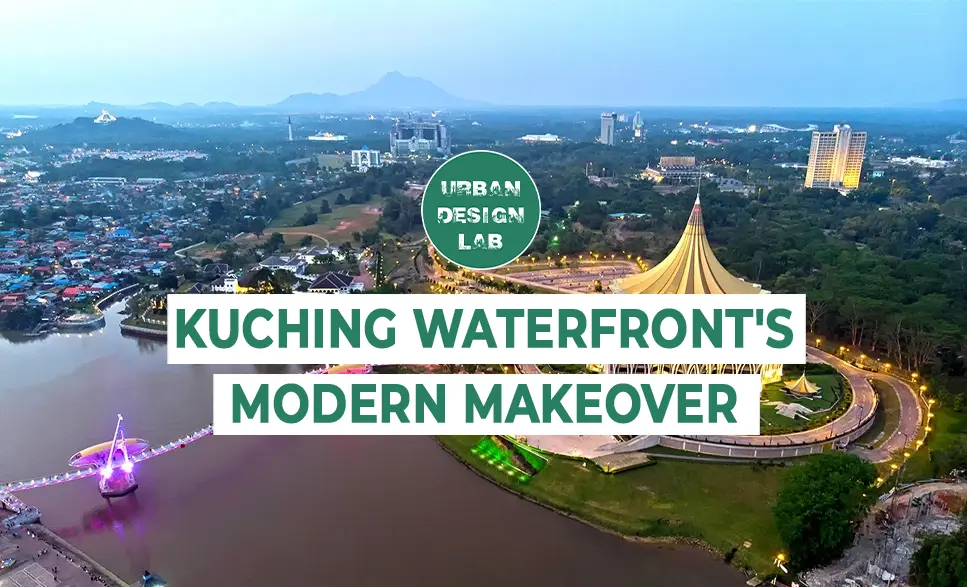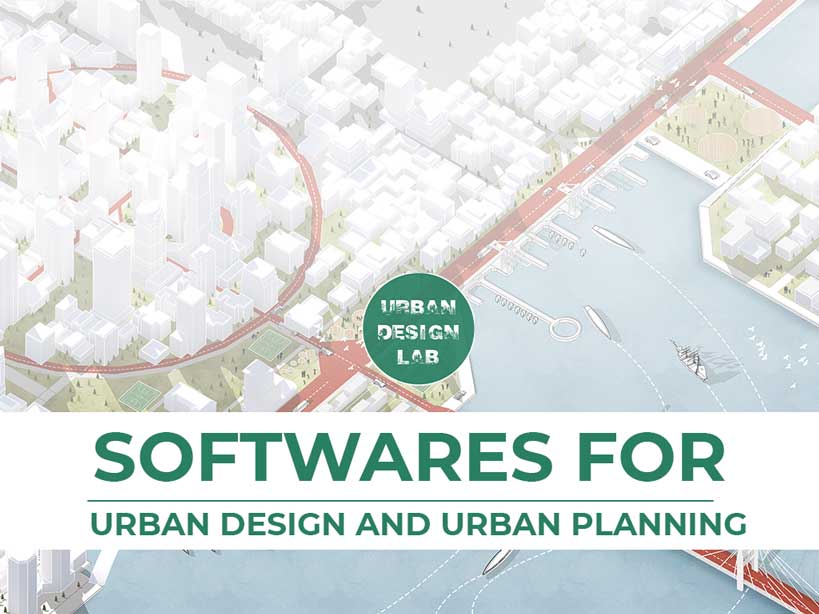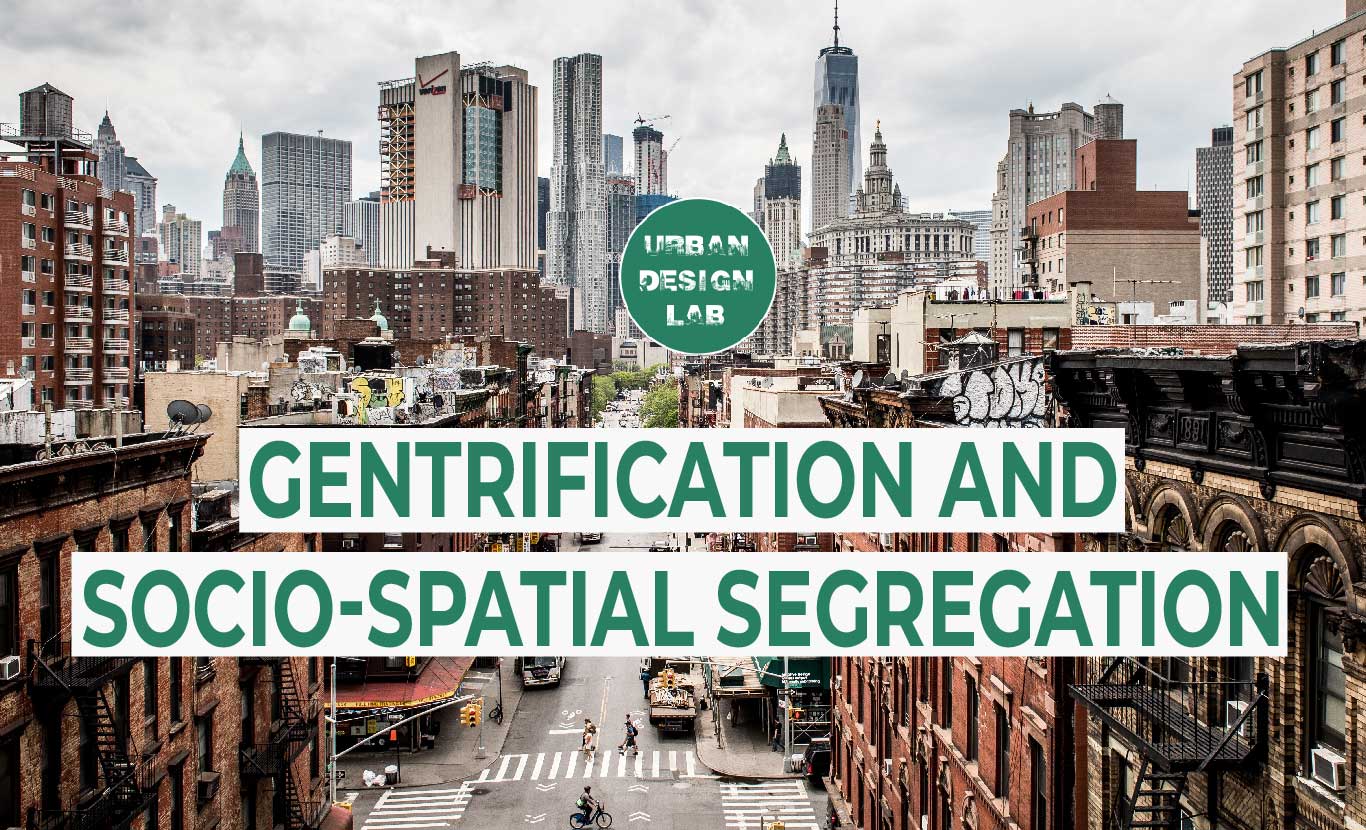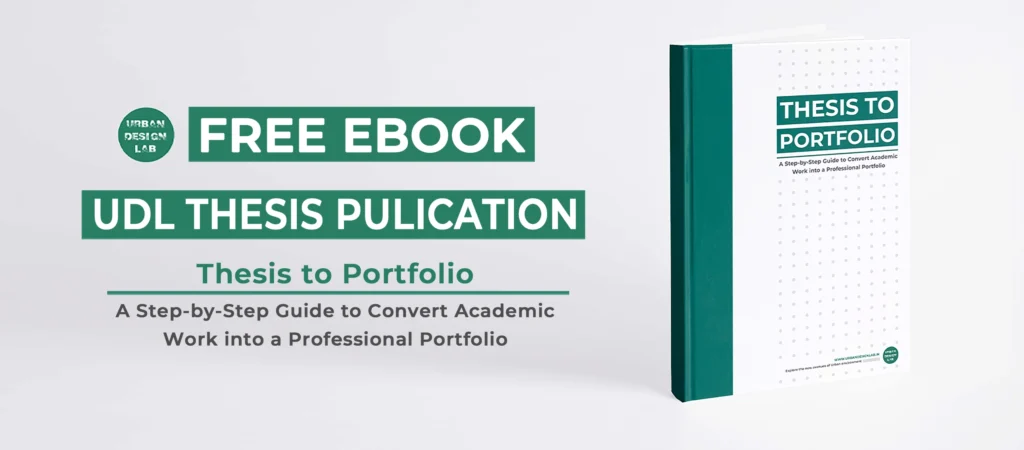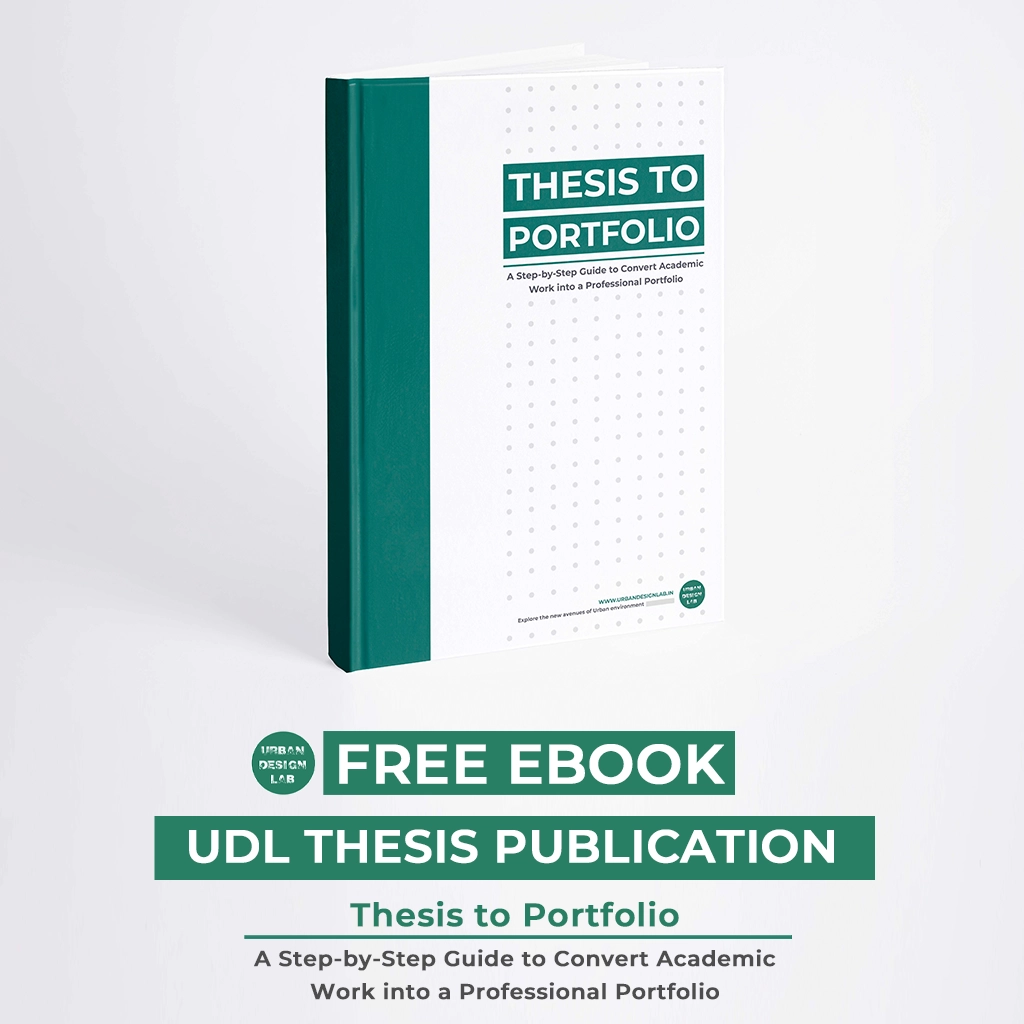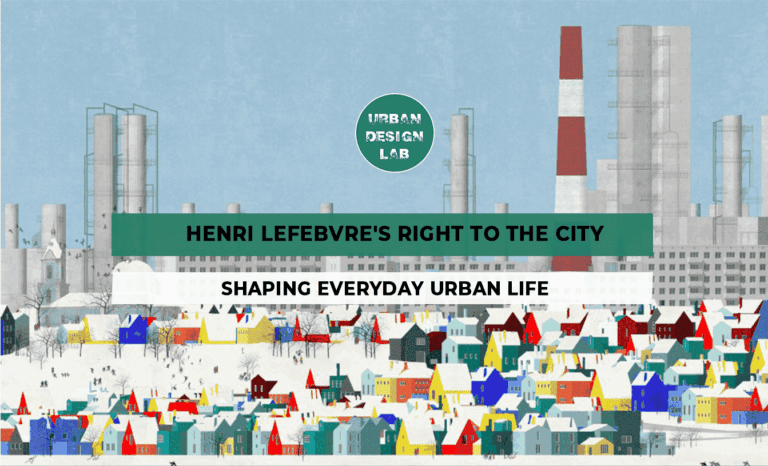
Architecture Thesis Topics for the Digital Age
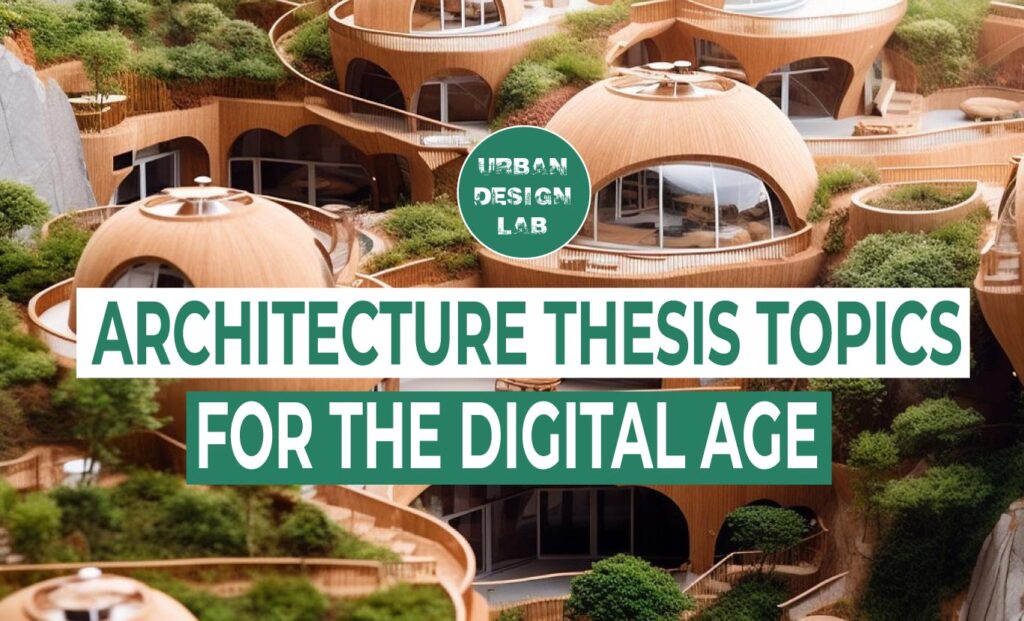
With a new era emerging in which technology permeates every part of our life, architecture students are in a unique position to investigate and define how this merging changes our virtual and physical spaces. This article explores innovative architecture thesis topics that combine architecture with cutting-edge technologies such as AI, IoT, metaverse, and more. These concepts are more than simply idle speculations; they represent doors to real-world fixes and imaginative places that might shape our surroundings in the future.
Virtual Environments and the Metaverse
1. Designing Virtual Architecture within the Metaverse: Explore the potential of virtual spaces to host communities, focusing on sustainable and user-friendly design principles that encourage interaction and inclusivity.
2. Biophilic Design in Virtual Environments: Investigate how principles of biophilic design can enhance user experience in digital realms, fostering a connection with nature and improving wellbeing.
3. Virtual Public Squares: Conceptualize public squares within the metaverse, emphasizing virtual democracy, community engagement, and social interaction in a digitally native environment.
4. Enhancing Visitor Experiences in Museums through Augmented Reality: Develop augmented reality experiences that transform museum visits into interactive, educational, and immersive journeys.
5. The Future of Workspaces: Envision the evolution of workspaces as they become hybrids of virtual and physical environments, addressing the changing nature of collaboration and productivity.

Smart Cities and IoT
6. Smart Cities and IoT: Architectural Frameworks: Focus on creating connected urban ecosystems that enhance living conditions through smart infrastructure, energy management, and sustainable practices.
7. The Development of Autonomous Building Systems: Investigate how IoT can automate and optimize building functions, from energy efficiency to security, creating self-managed structures.
8. Smart Urban Furniture: Design urban furniture that incorporates IoT technologies, improving public space utility through connectivity and smart features.
9. Smart Lighting Solutions in Urban Landscapes: Examine how IoT-connected lighting can enhance safety, efficiency, and aesthetics in urban environments.
10. Sustainable Urban Mobility: Propose architectural and infrastructural designs that integrate technology to improve public transport systems, reduce congestion, and promote sustainable mobility.

AI and Machine Learning in Architecture
11. Artificial Intelligence in Urban Planning: Develop predictive models that leverage AI to forecast urban growth, plan sustainable developments, and mitigate potential challenges.
12. AI-driven Adaptive Reuse of Buildings: Utilize AI to analyze structures and propose adaptive reuse strategies that meet contemporary needs while preserving historical value.
13. The Use of Generative Design in Creating Responsive Urban Spaces: Employ AI to generate design solutions that respond to environmental, social, and economic data, crafting spaces that adapt to future challenges.
14. AI in Landscape Architecture: Create designs for public spaces that adapt to changing climates and user needs, using AI to simulate and predict environmental impacts.
15. AI for Enhanced Real Estate and Facility Management: Explore how AI can streamline operations, maintenance, and user experiences in real estate, particularly within virtual environments.

Sustainable and Responsive Technologies
16. Eco-friendly Materials in Metaverse Architecture: Research sustainable materials and construction techniques for virtual architecture, promoting environmental stewardship in digital design.
17. Energy-efficient Smart Homes: Focus on designing homes that incorporate smart technologies for energy management, aiming for sustainability and comfort.
18. Adaptive Skins: Investigate responsive building envelopes that adapt to environmental conditions, optimizing energy use and indoor comfort through innovative materials and technologies.
19. 3D Printing in Architecture: Explore the potential of 3D printing in creating sustainable, efficient, and customizable construction methods and materials.
20. Smart Grids and Sustainable Architecture: Design architectural solutions that integrate with smart grids, facilitating the use of renewable energy sources and enhancing grid stability.
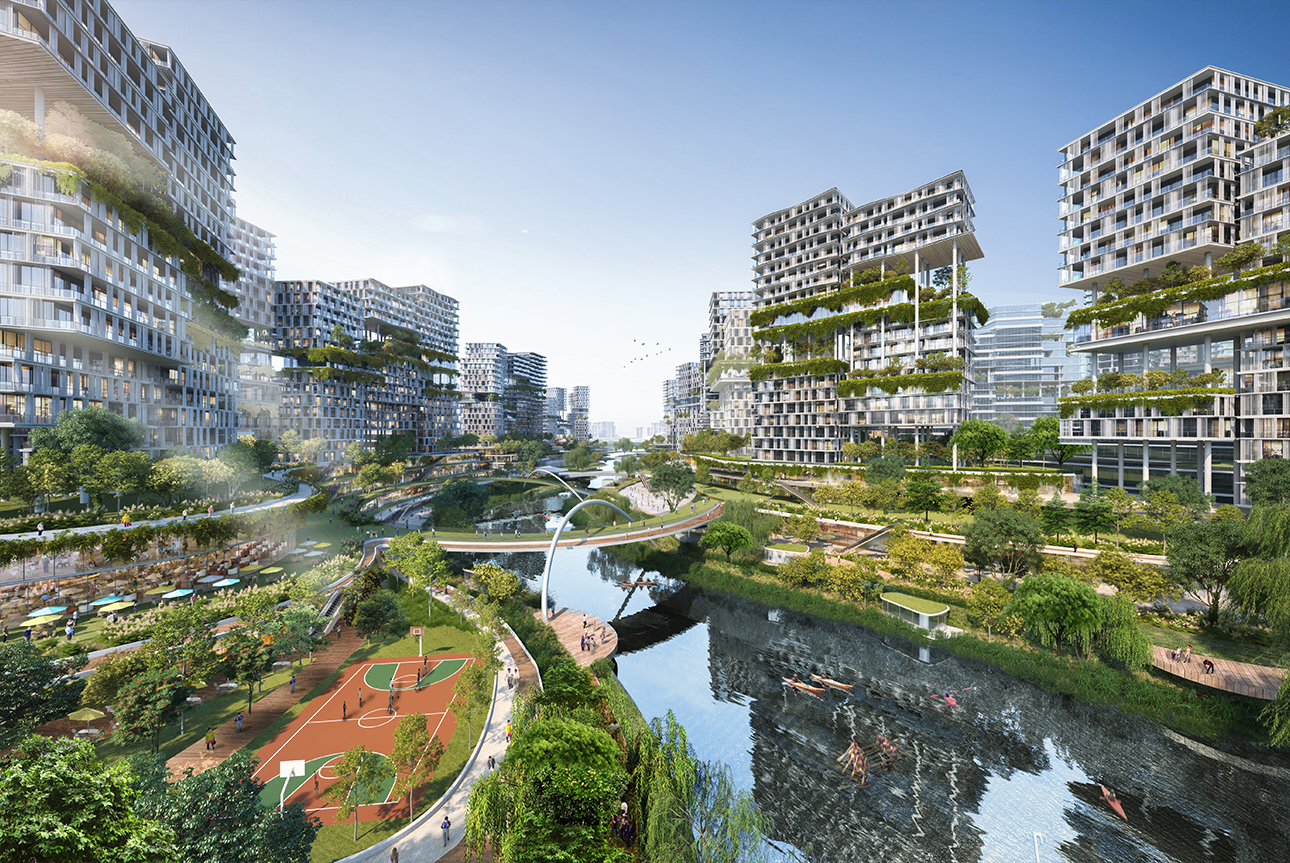
Resilient and Adaptive Urban Spaces
21. AI-driven Adaptive Reuse of Buildings: Using AI to analyze and propose adaptive reuse strategies that meet contemporary needs, focusing on sustainability and the revitalization of urban landscapes.
22. Sustainable Urban Mobility: Proposing architectural and infrastructural designs that integrate technology to enhance public transport systems, aiming for reduced environmental impact and improved urban connectivity.
23. Interactive Façades: Merging digital technology with architectural design to create facades that interact with their surroundings, offering dynamic experiences and energy management capabilities.
24. Digital Twins for Urban Planning: Utilizing digital twins in the planning and management of urban projects, bridging the gap between digital simulation and physical construction to optimize urban development.
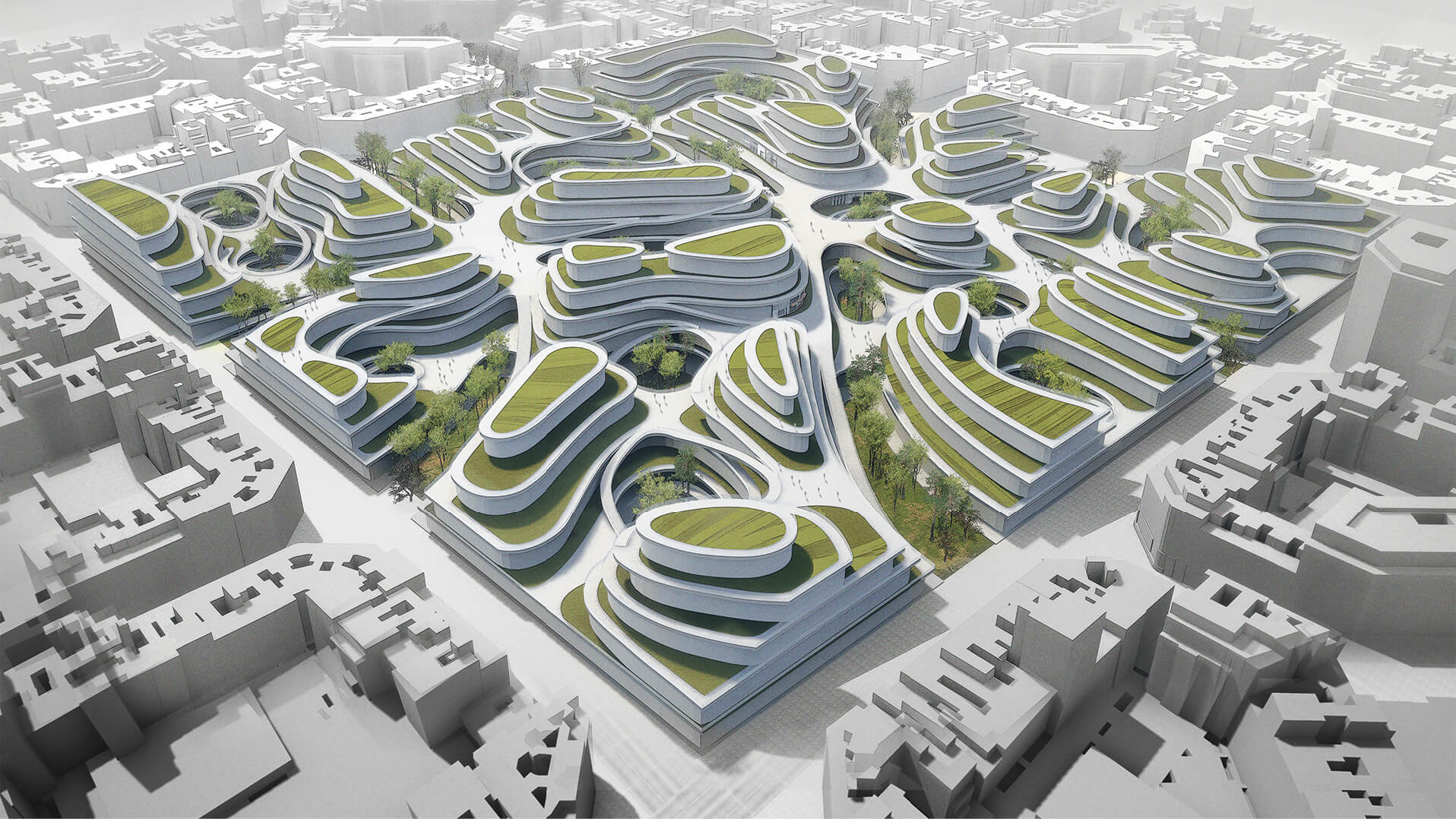
Technology-Enhanced Learning and Preservation
25. Virtual Reality as a Tool for Architectural Education: Leveraging VR to offer immersive educational experiences, enabling students to explore and interact with complex architectural designs and concepts.
26. The Role of Augmented Reality in Heritage Conservation: Employing AR technologies to enhance the conservation and restoration of heritage sites, offering interactive and immersive experiences that educate and preserve.

Innovative Design Processes
27. The Use of Generative Design in Creating Responsive Urban Spaces: Utilizing AI for generating design solutions that dynamically respond to environmental, social, and economic data, aiming for adaptable and resilient urban spaces.
28. Designing for Accessibility in Virtual Reality: Exploring architectural considerations for creating accessible and inclusive designs in virtual reality, ensuring equitable access to digital spaces.
29. AI in Landscape Architecture: Applying AI to the design of public spaces, using data to create adaptive, resilient, and engaging landscapes that respond to changing environmental and social needs.
30. Designing Virtual Architecture within the Metaverse: Creating principles and guidelines for designing sustainable and user-friendly community spaces within the metaverse, reflecting on the implications for physical architecture.

UDL Photoshop Masterclass
Decipher the secrets of Mapping and 3D Visualisation
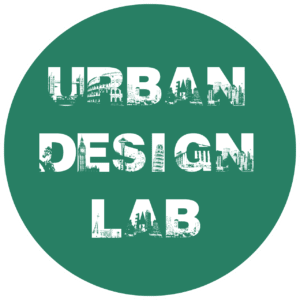
Urban Design Lab
About the Author
This is the admin account of Urban Design Lab. This account publishes articles written by team members, contributions from guest writers, and other occasional submissions. Please feel free to contact us if you have any questions or comments.
Related articles
UDL GIS
Masterclass
GIS Made Easy – Learn to Map, Analyse, and Transform Urban Futures
Session Dates
23rd-27th February 2026

Urban Design Lab
Be the part of our Network
Stay updated on workshops, design tools, and calls for collaboration
Curating the best graduate thesis project globally!
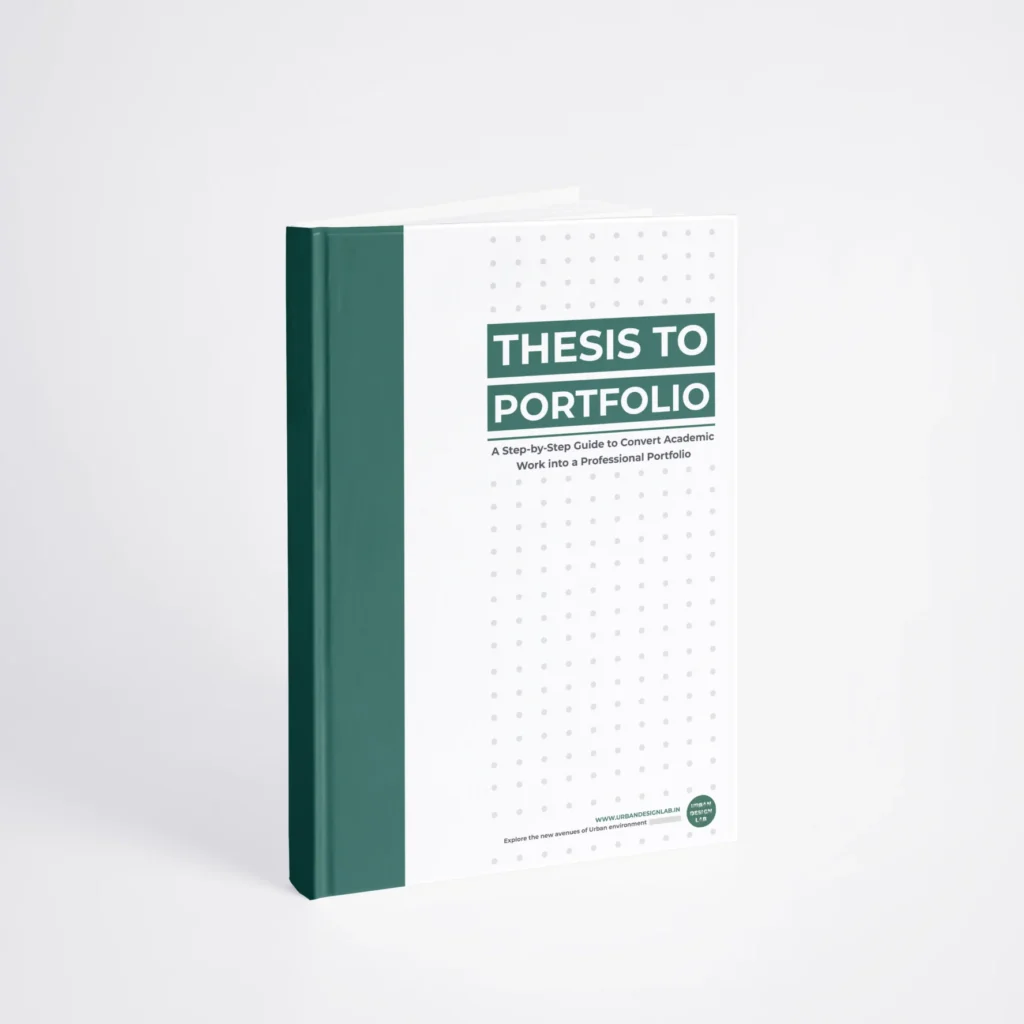
Free E-Book
From thesis to Portfolio
A Guide to Convert Academic Work into a Professional Portfolio”
Recent Posts
- Article Posted:
- Article Posted:
- Article Posted:
- Article Posted:
- Article Posted:
- Article Posted:
- Article Posted:
- Article Posted:
- Article Posted:
- Article Posted:
- Article Posted:
- Article Posted:
Sign up for our Newsletter
“Let’s explore the new avenues of Urban environment together “

